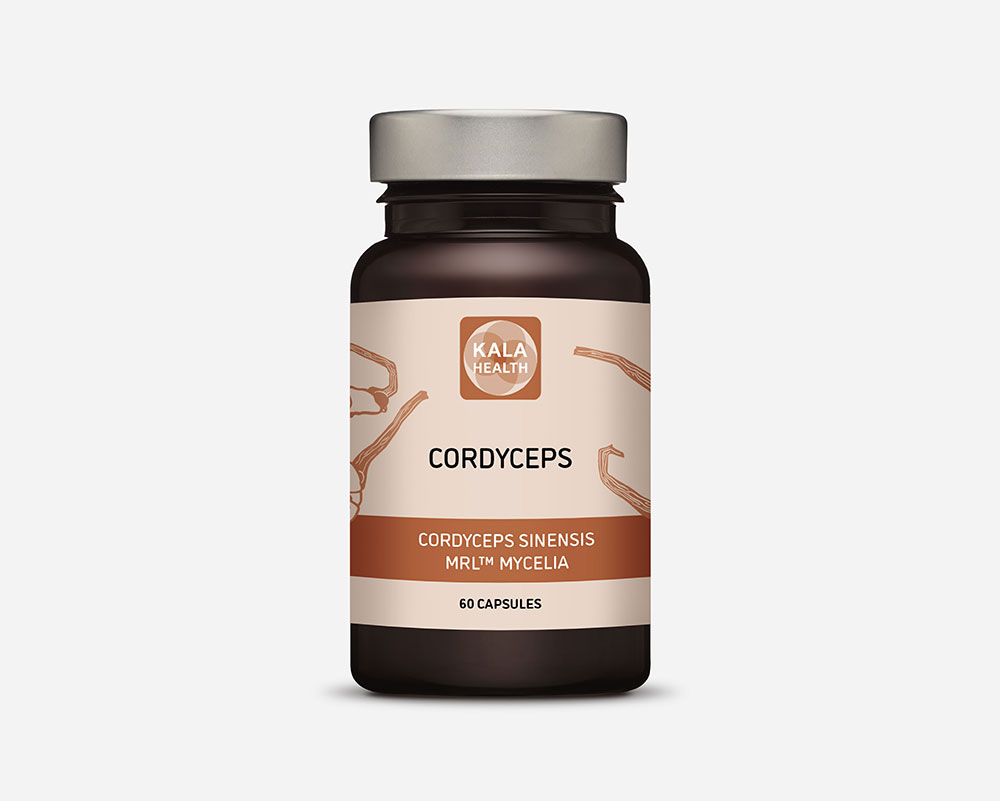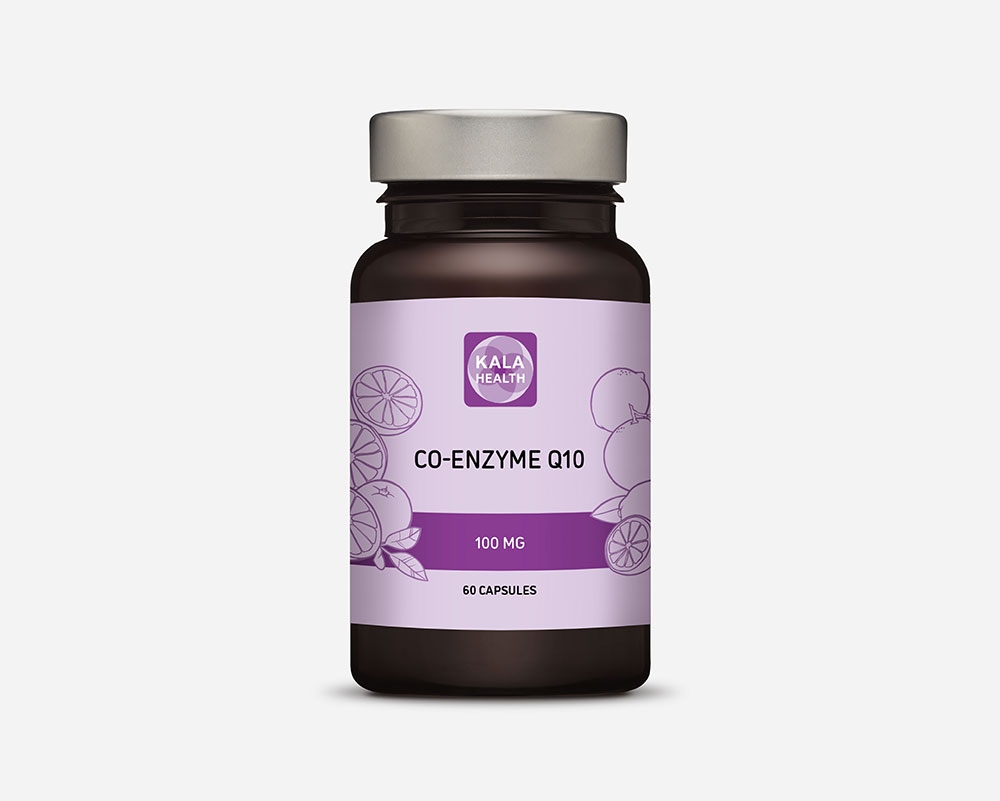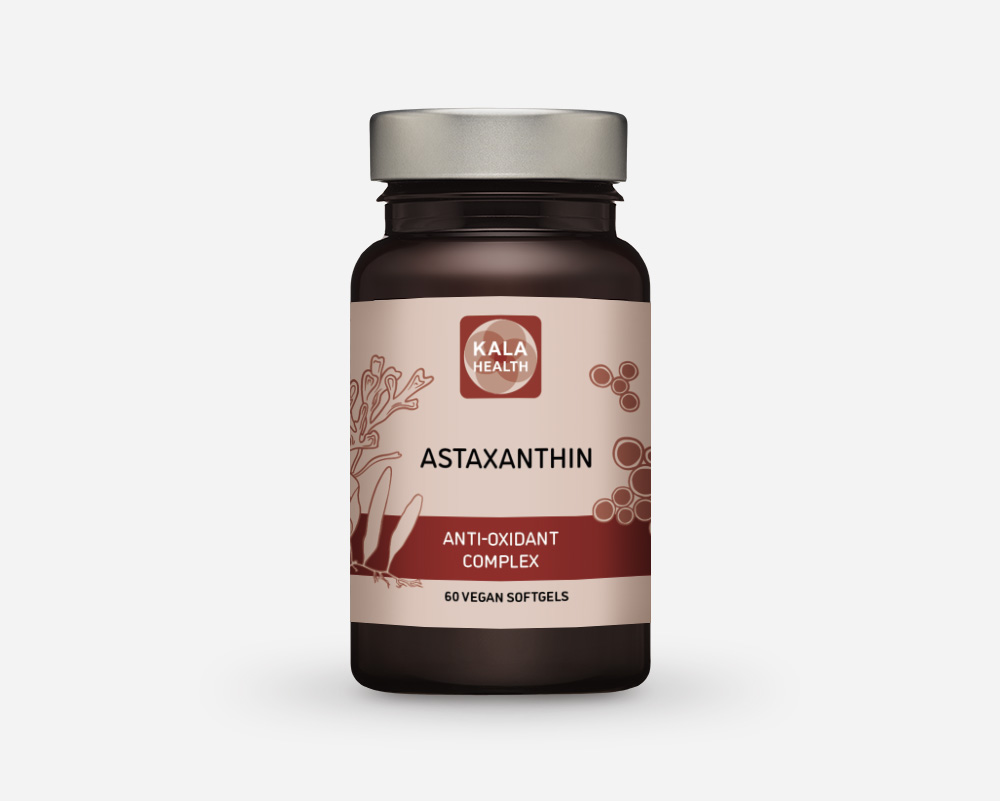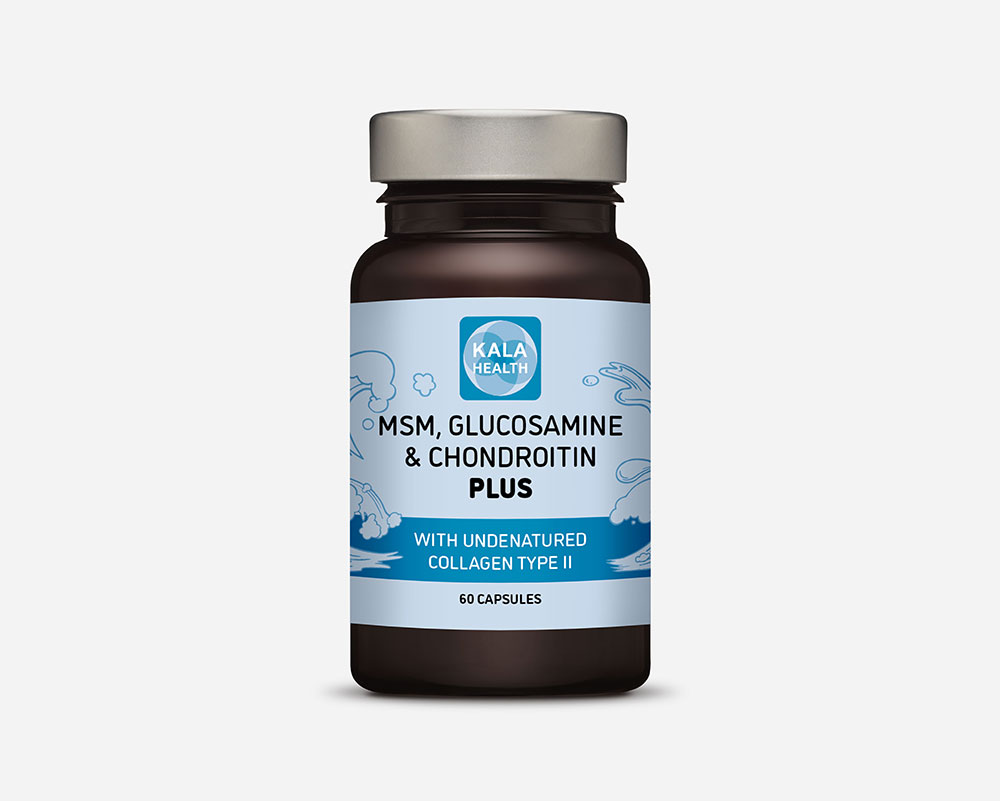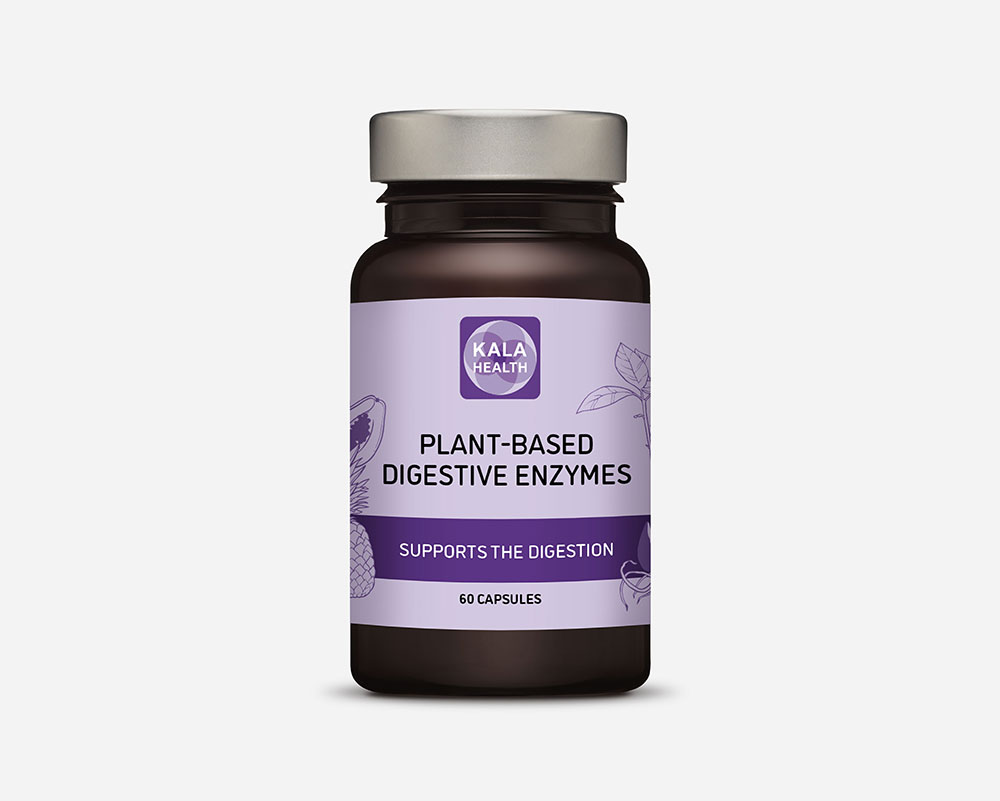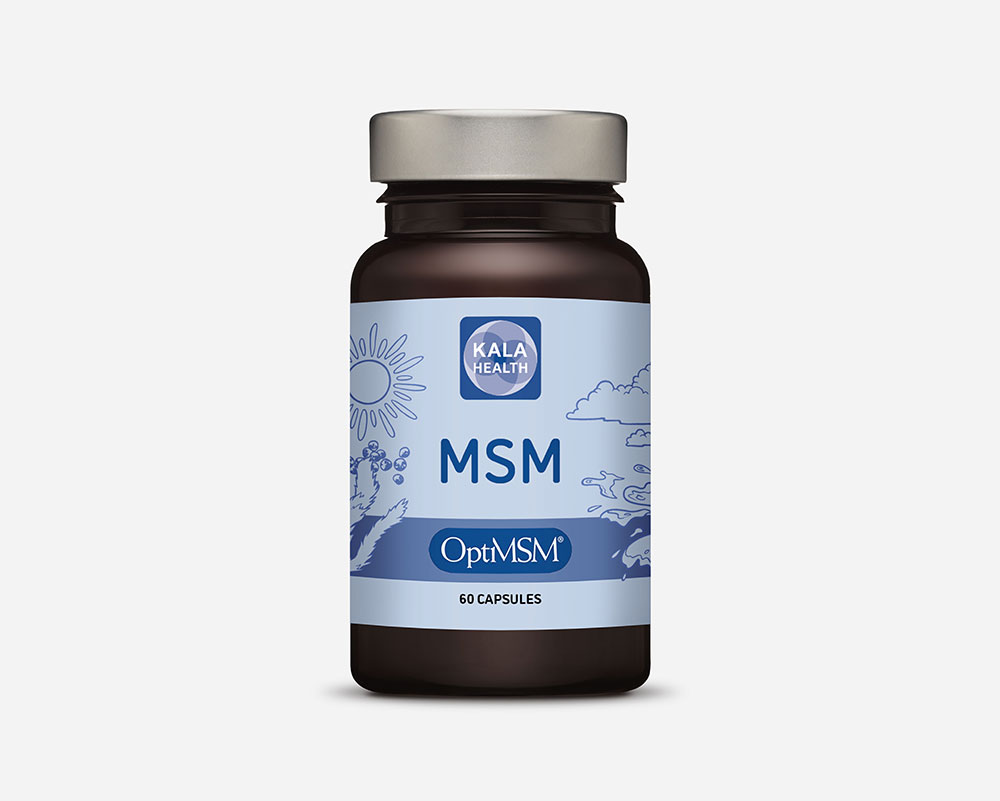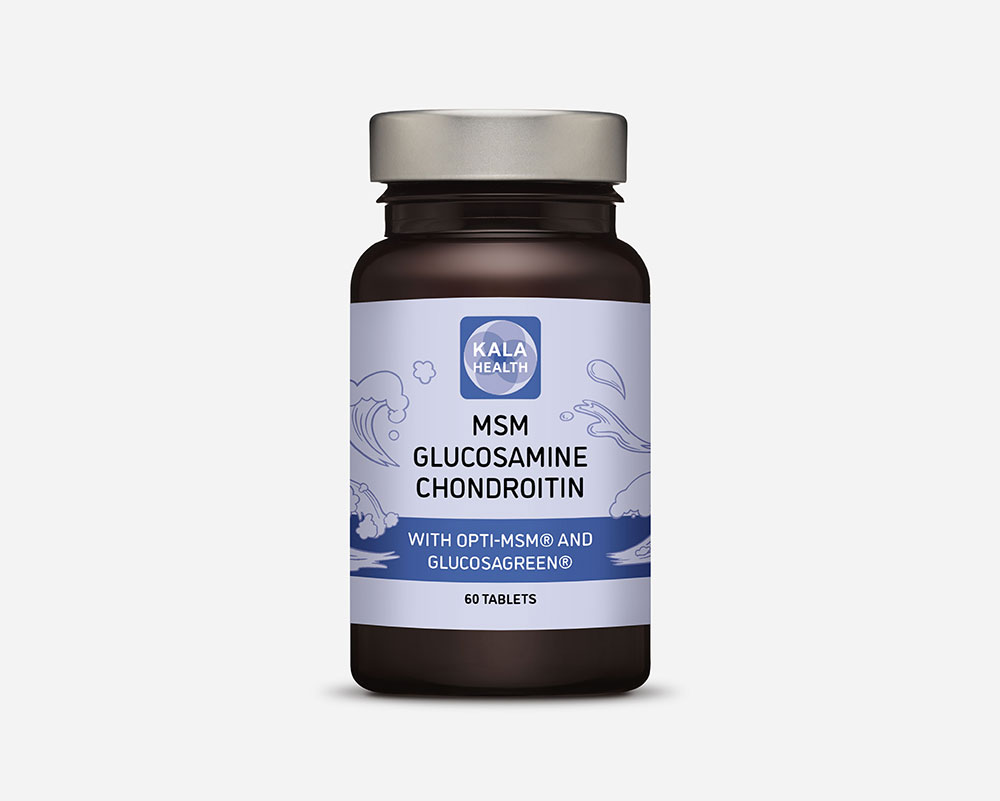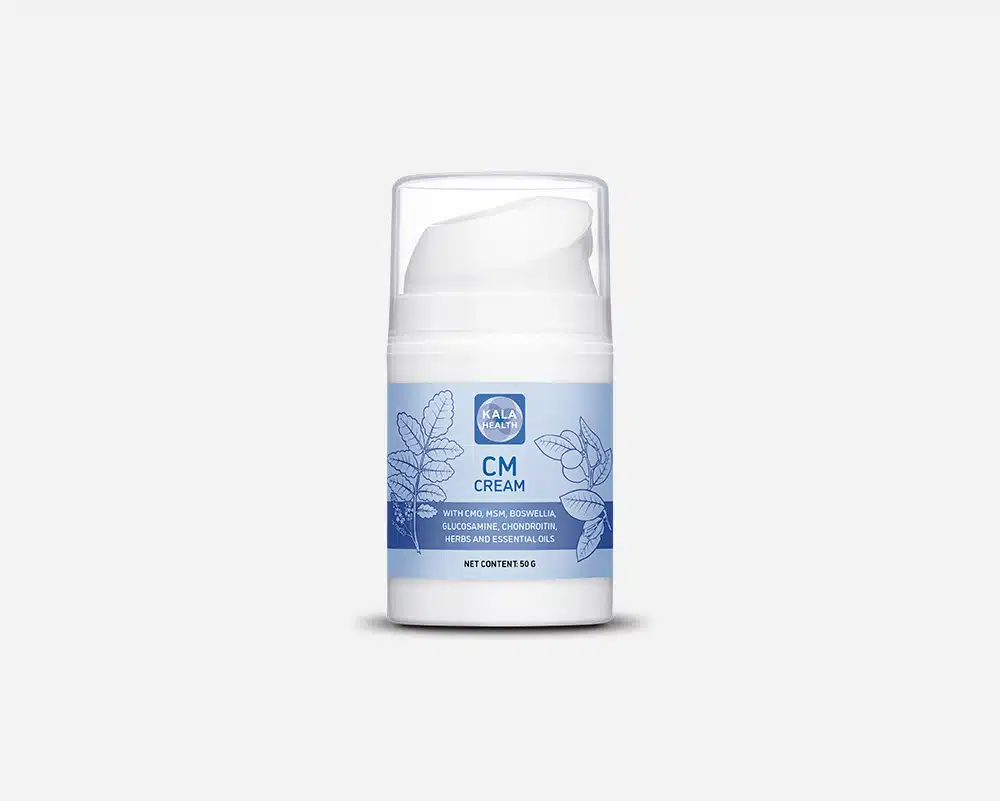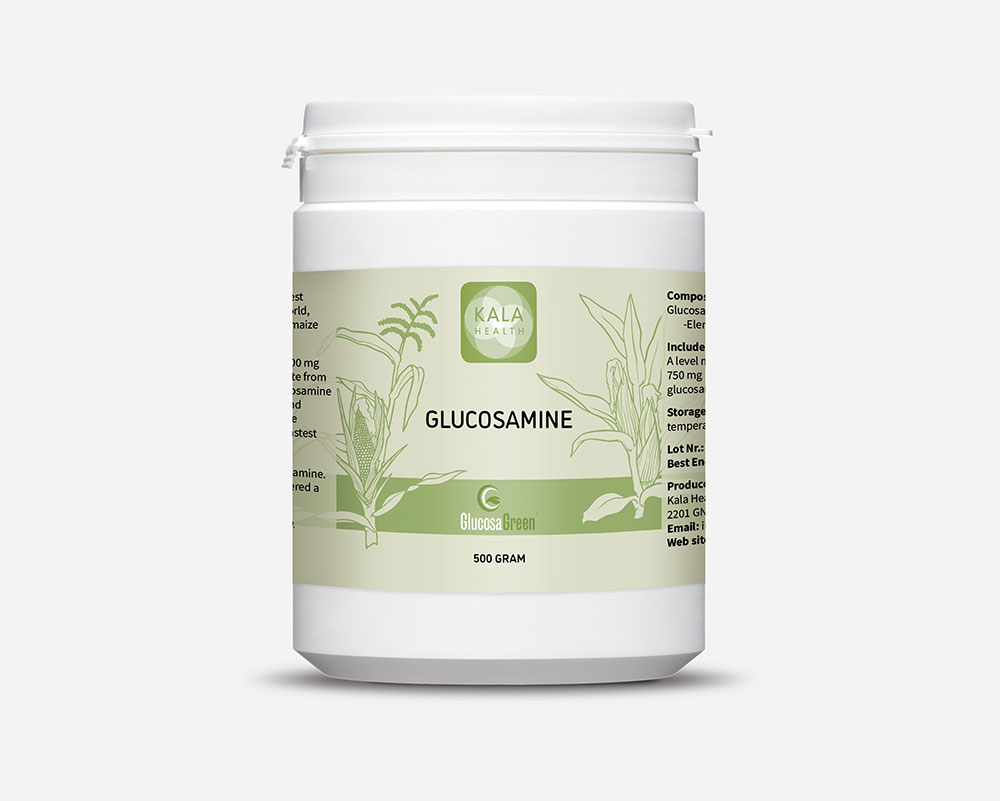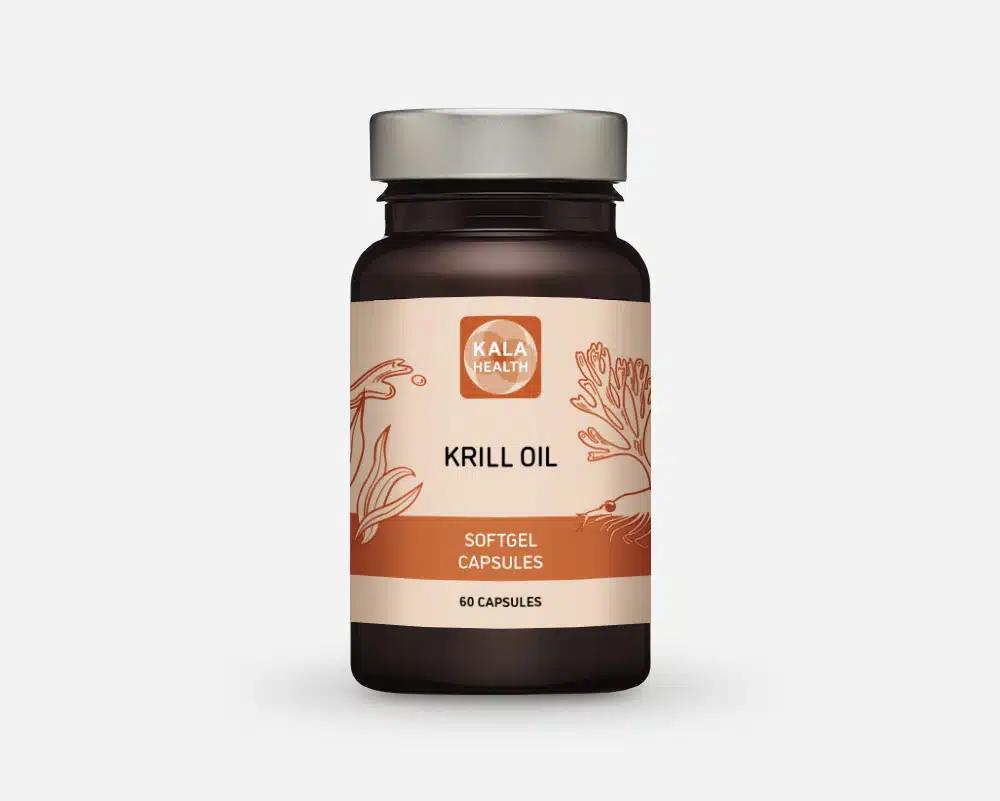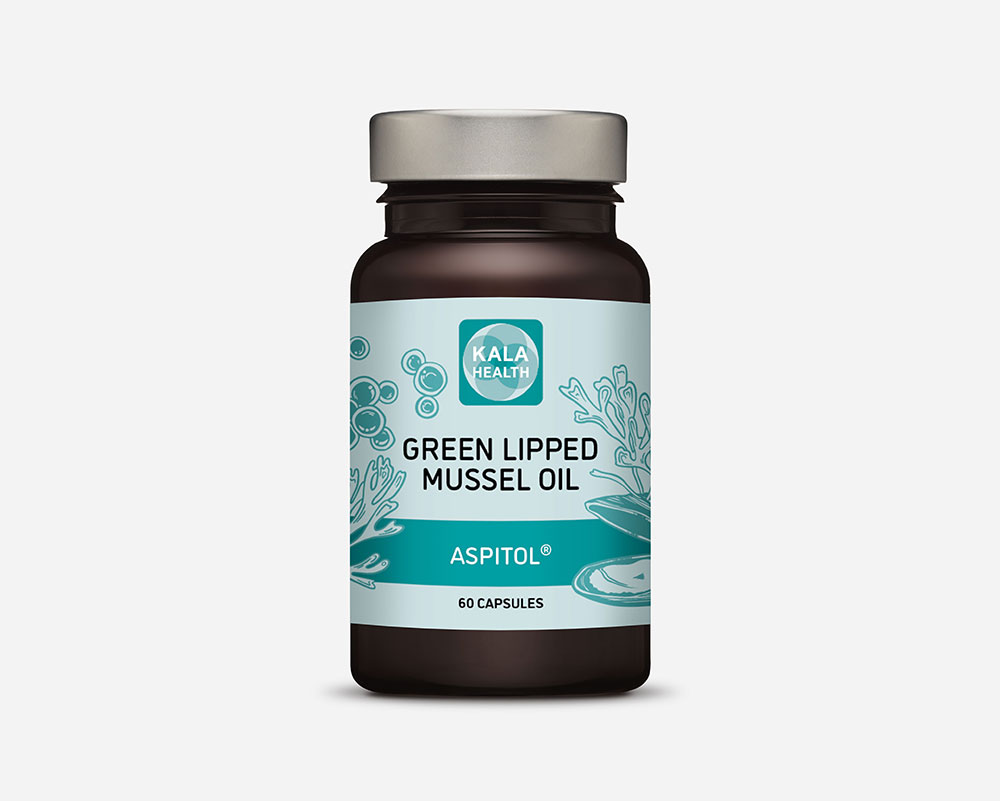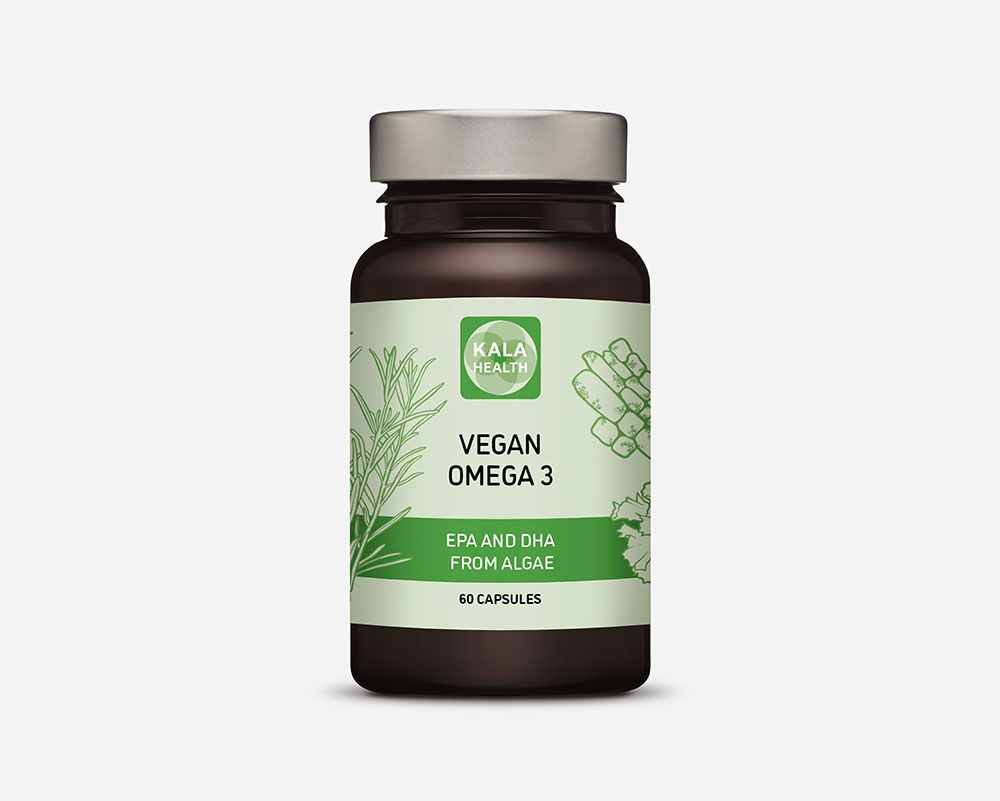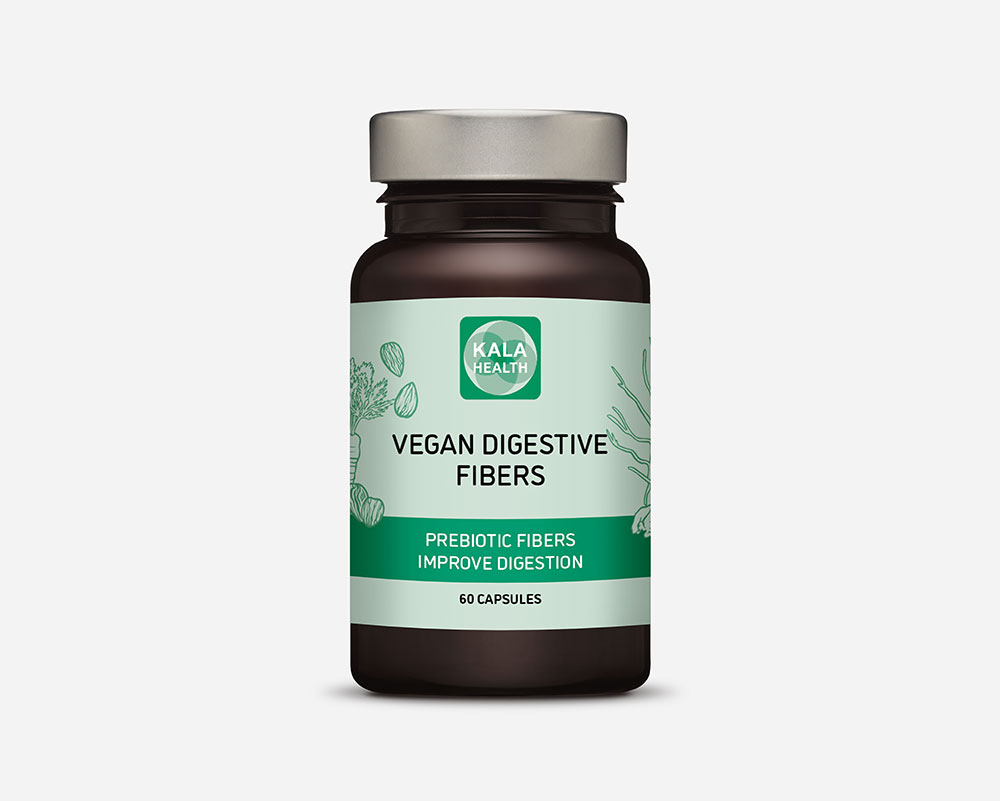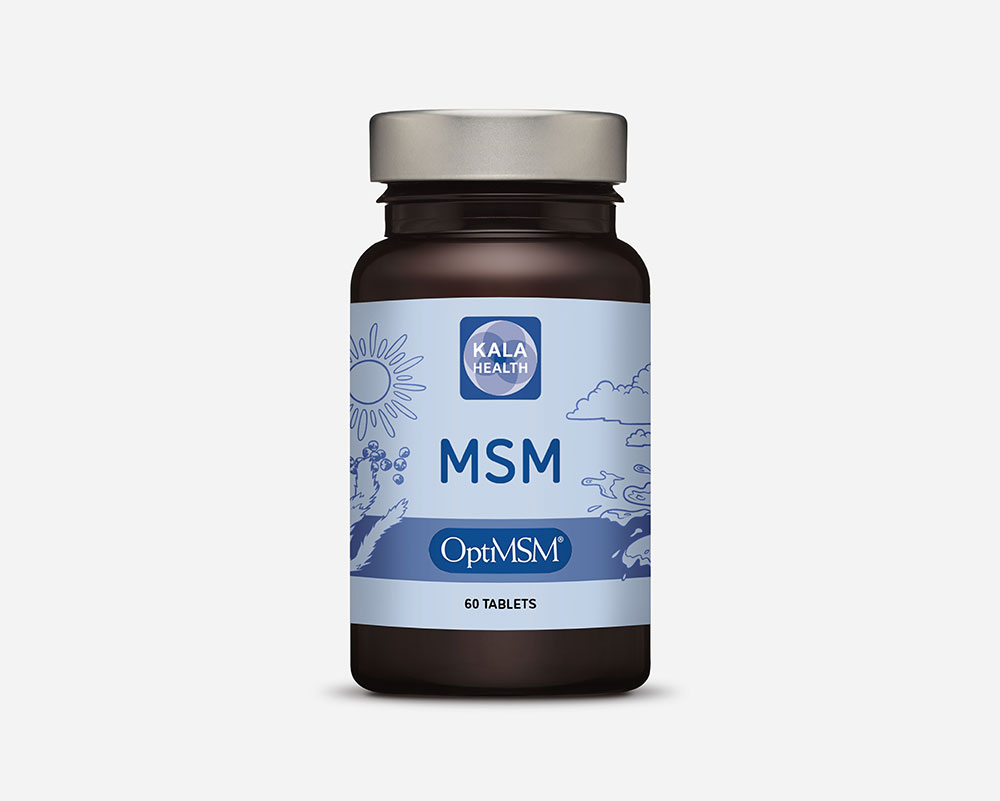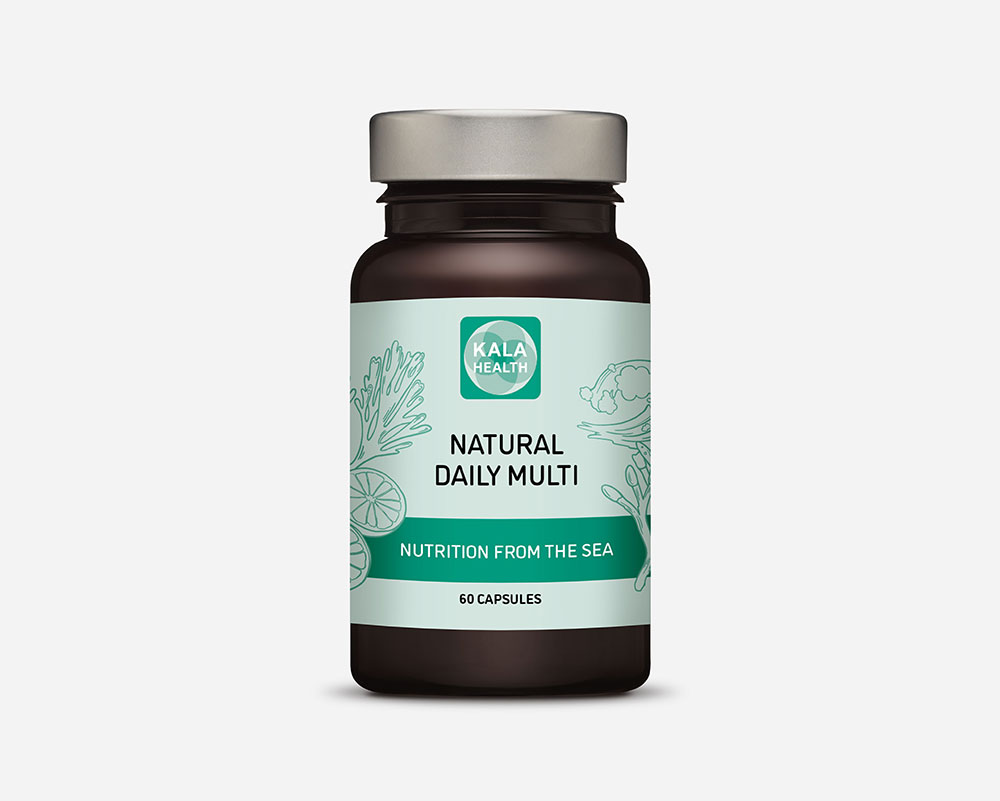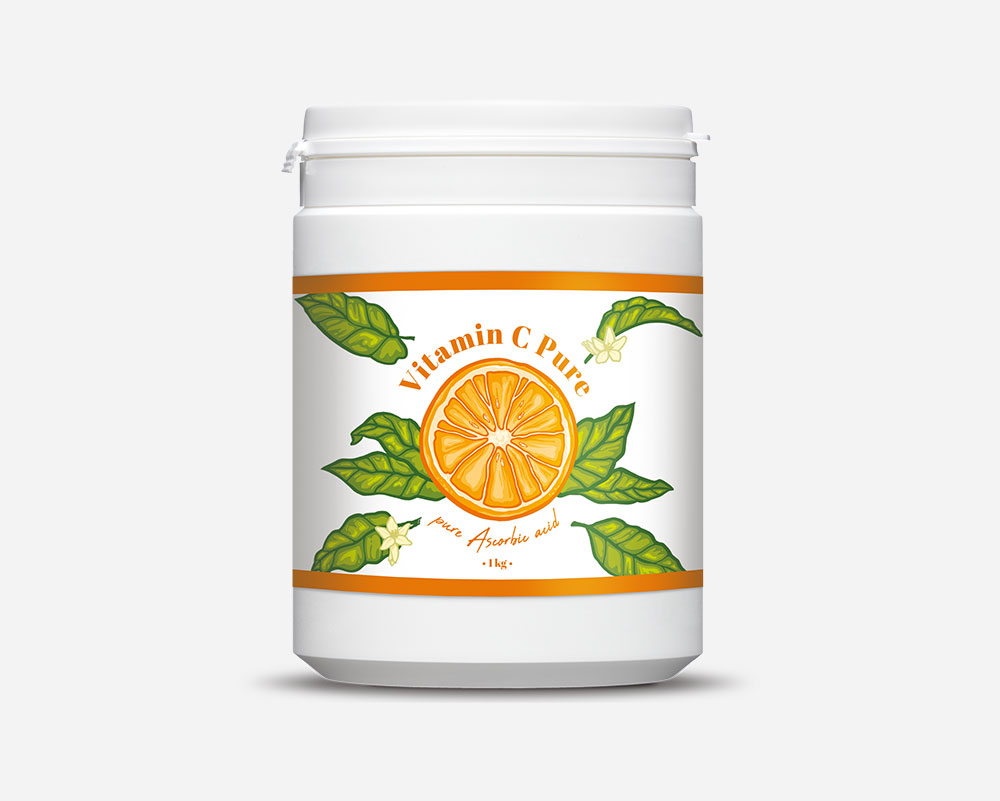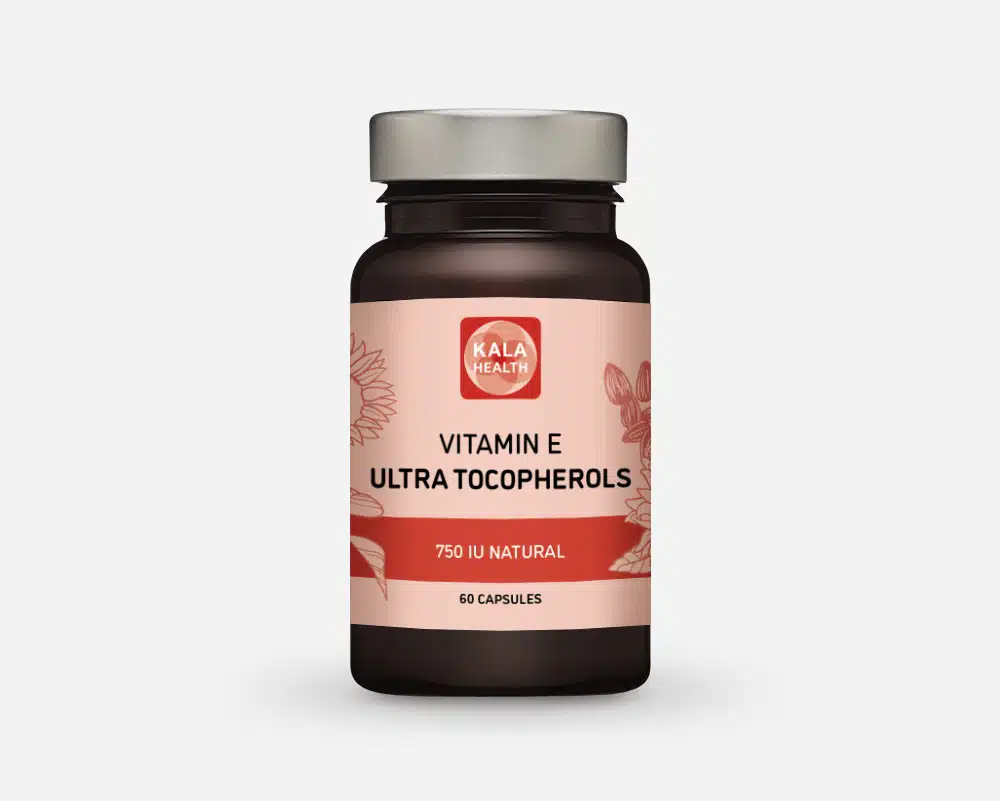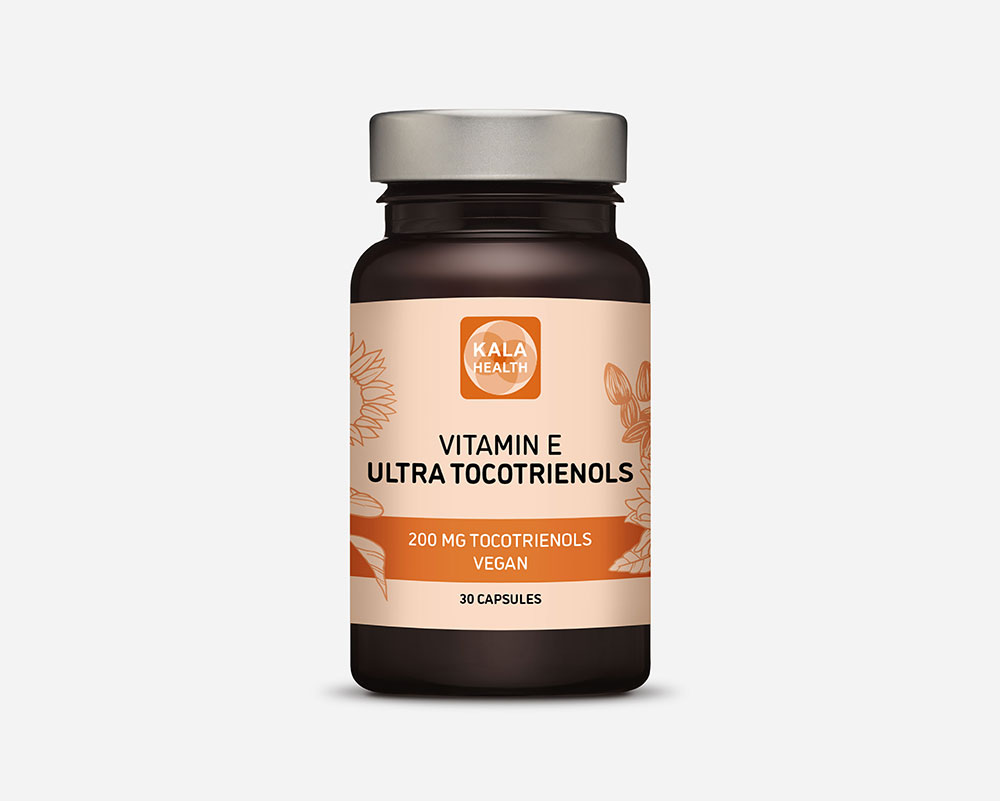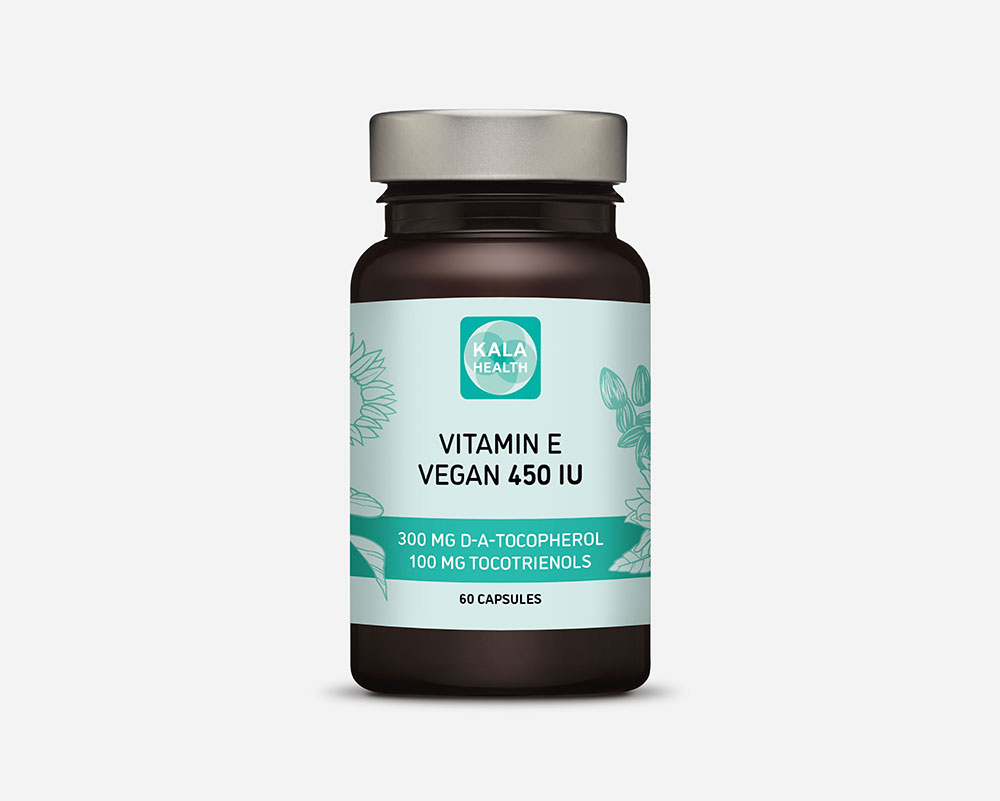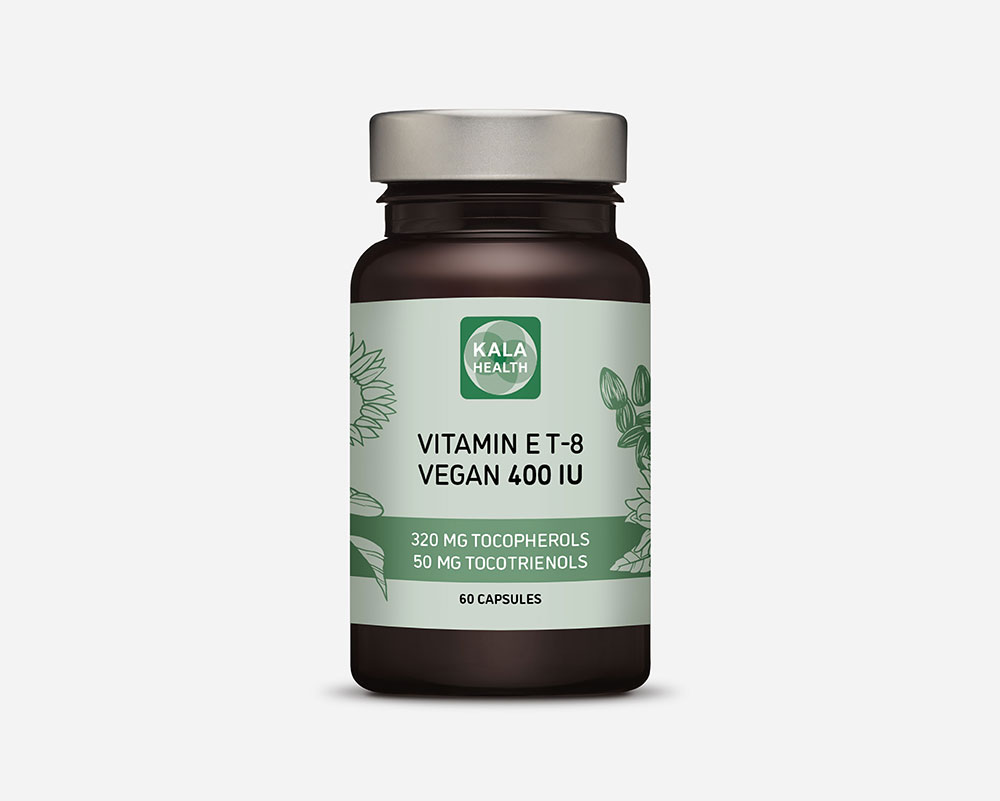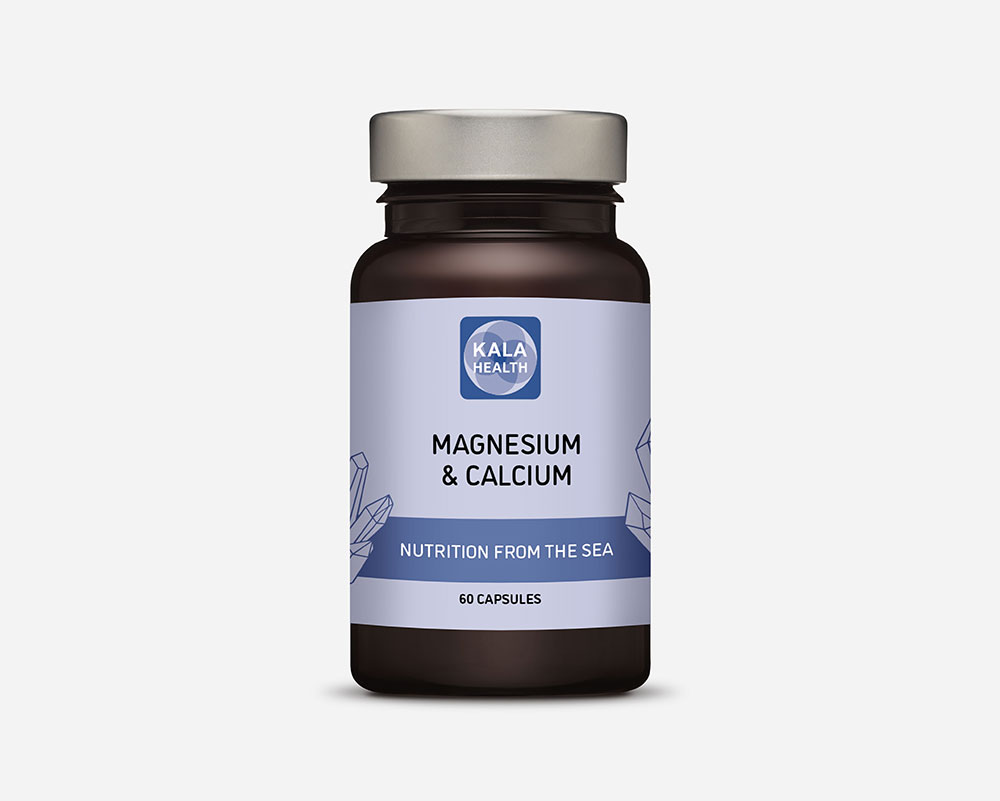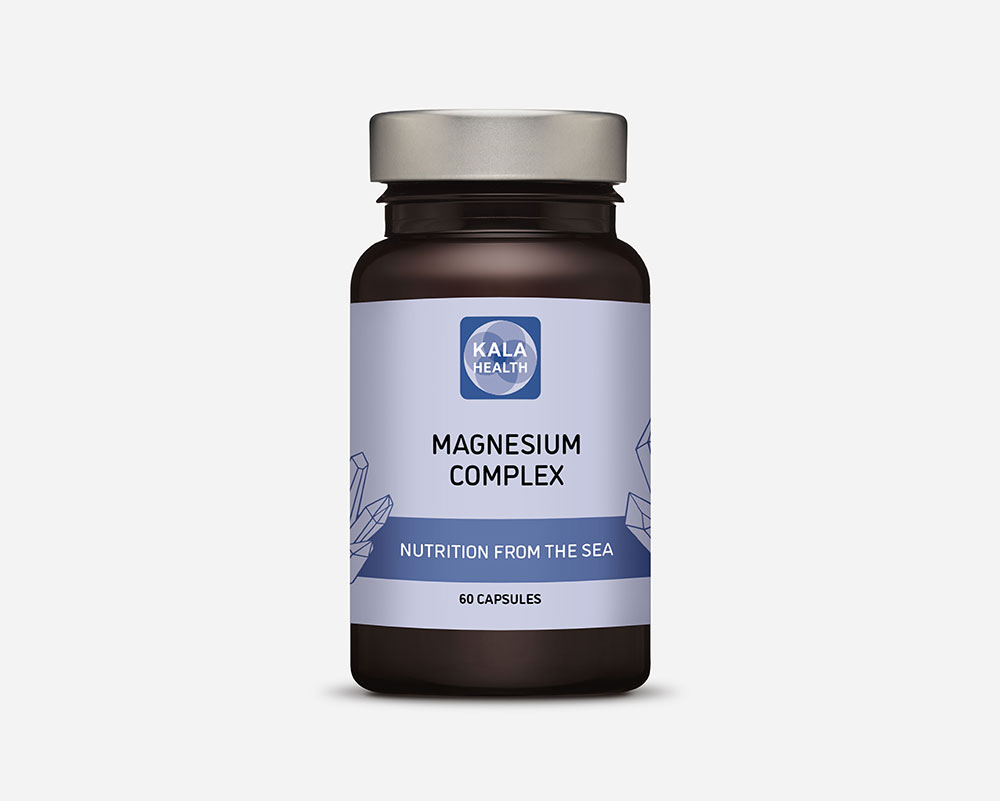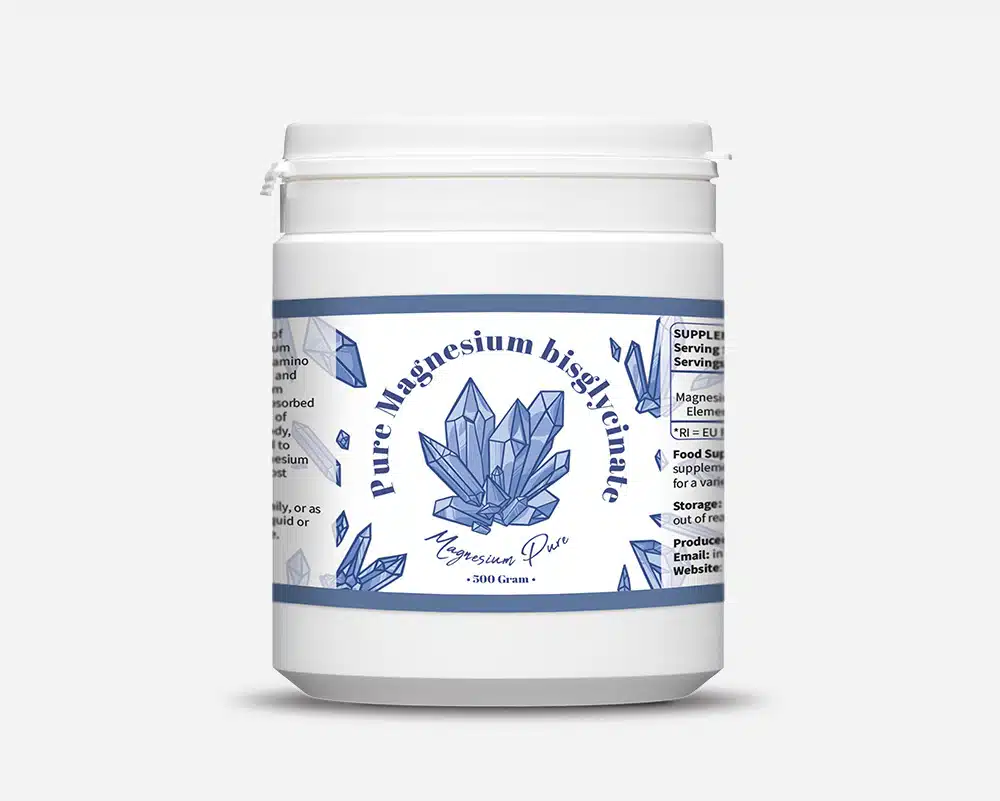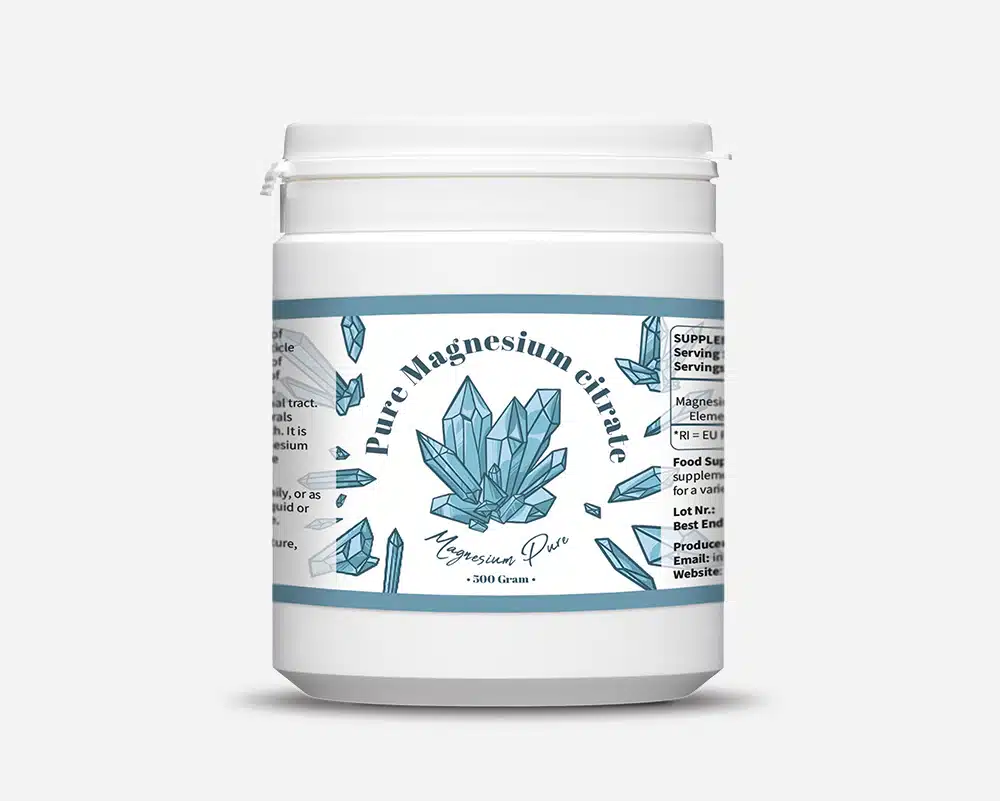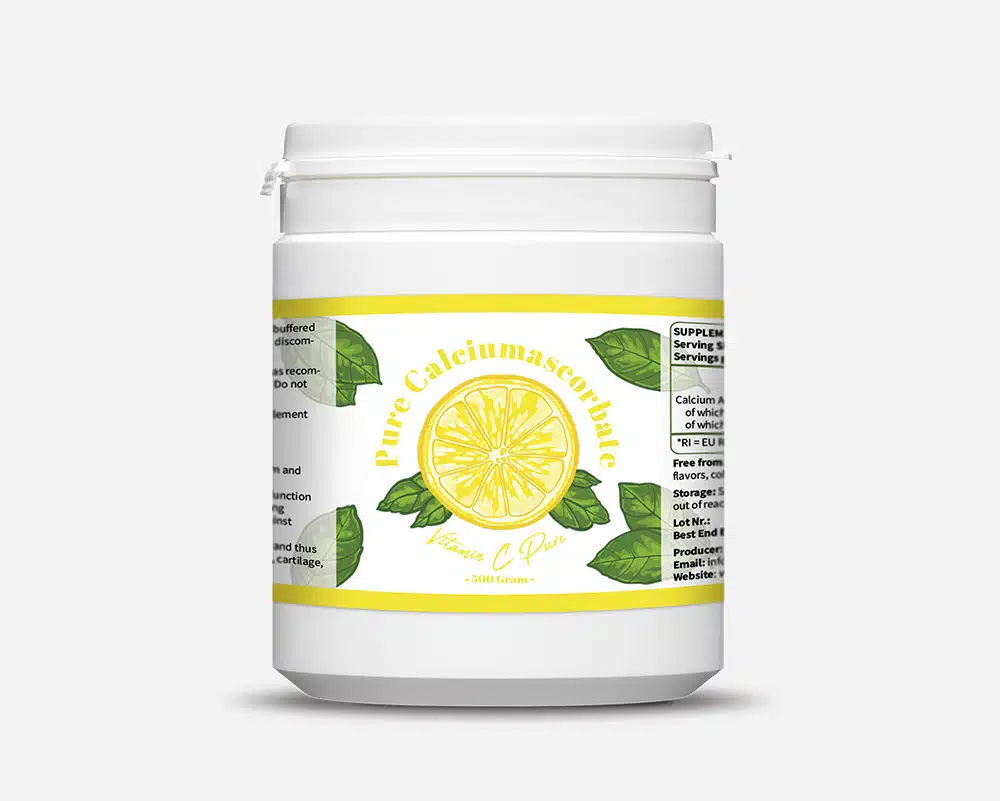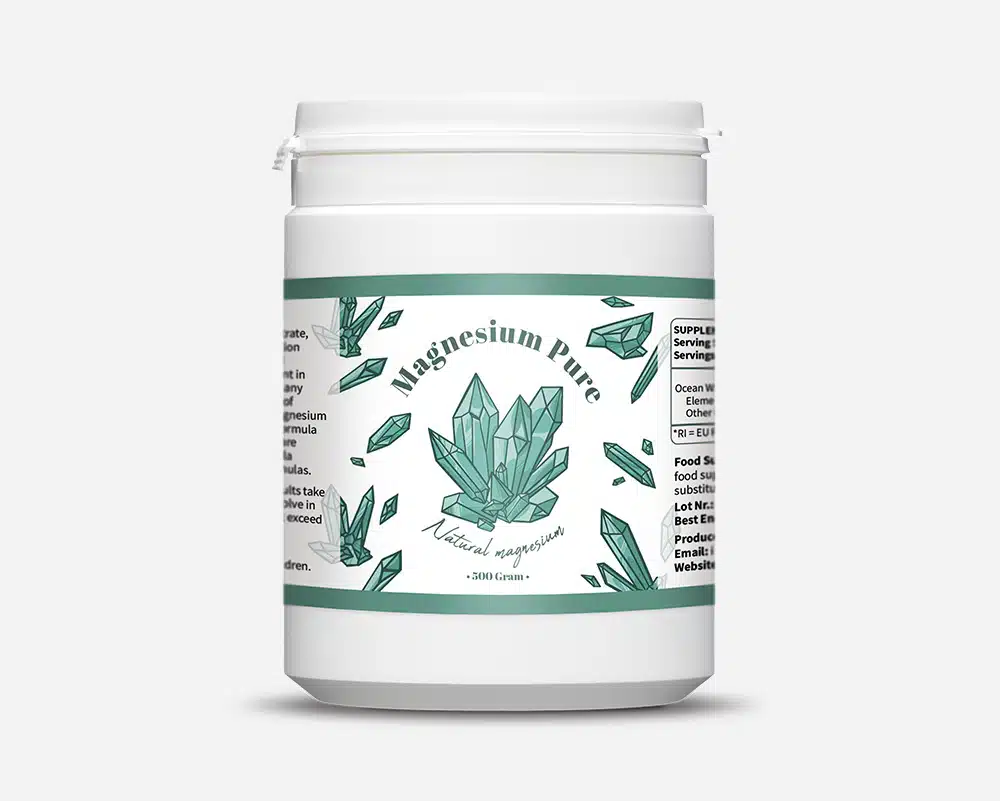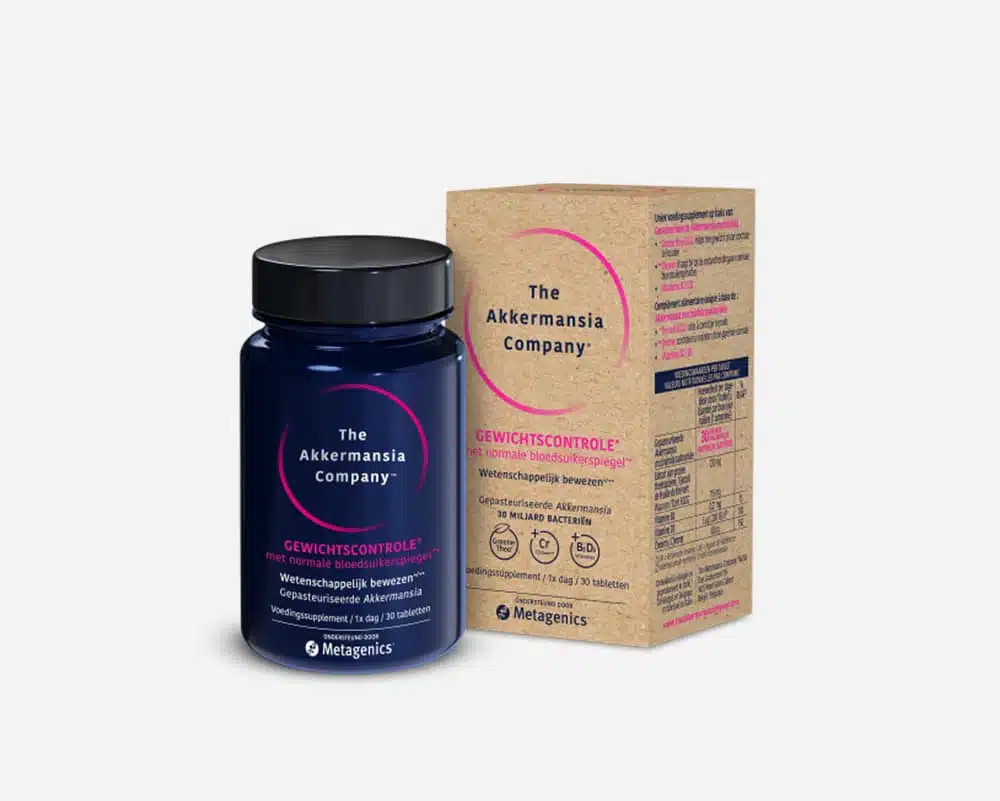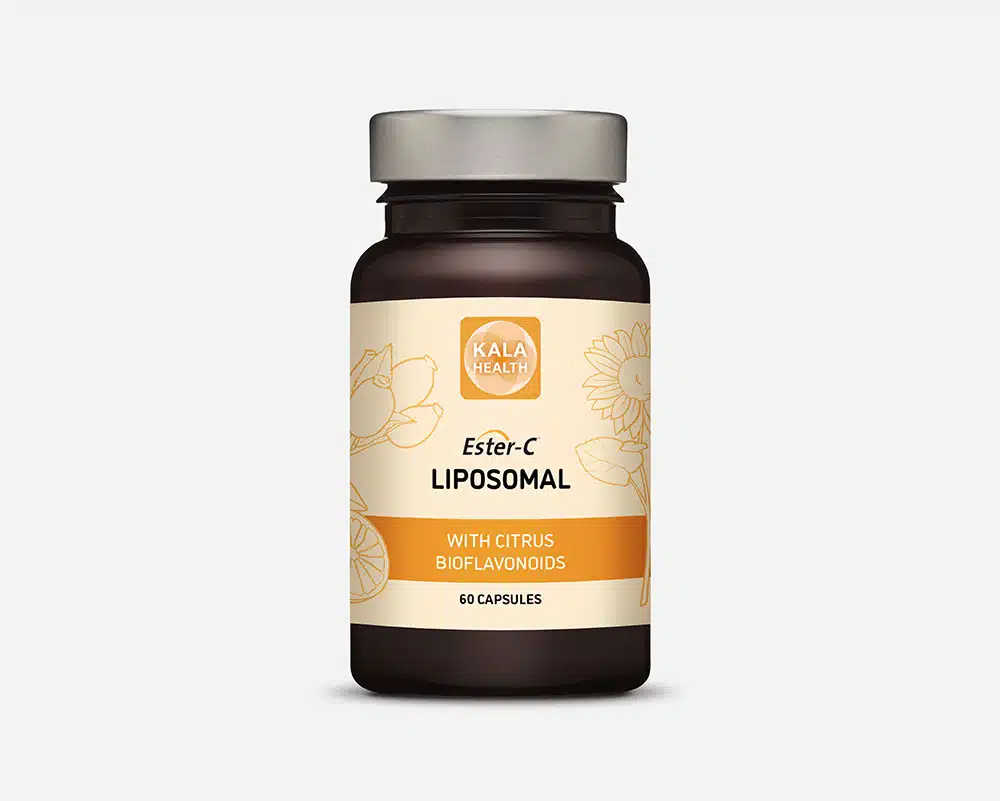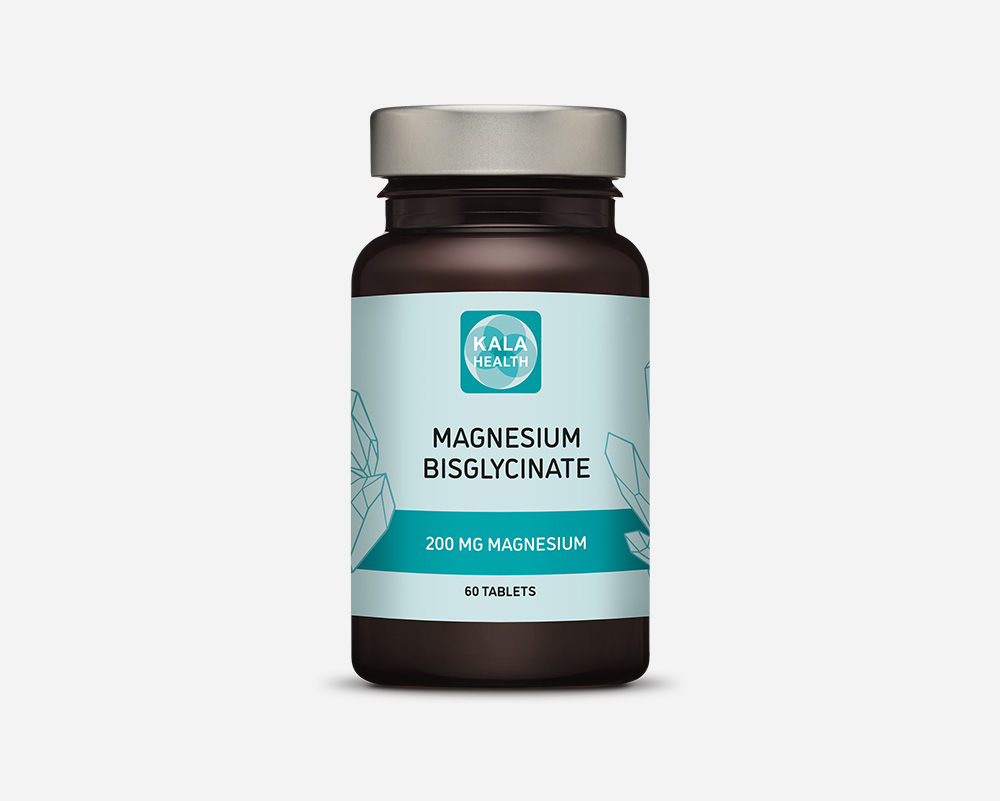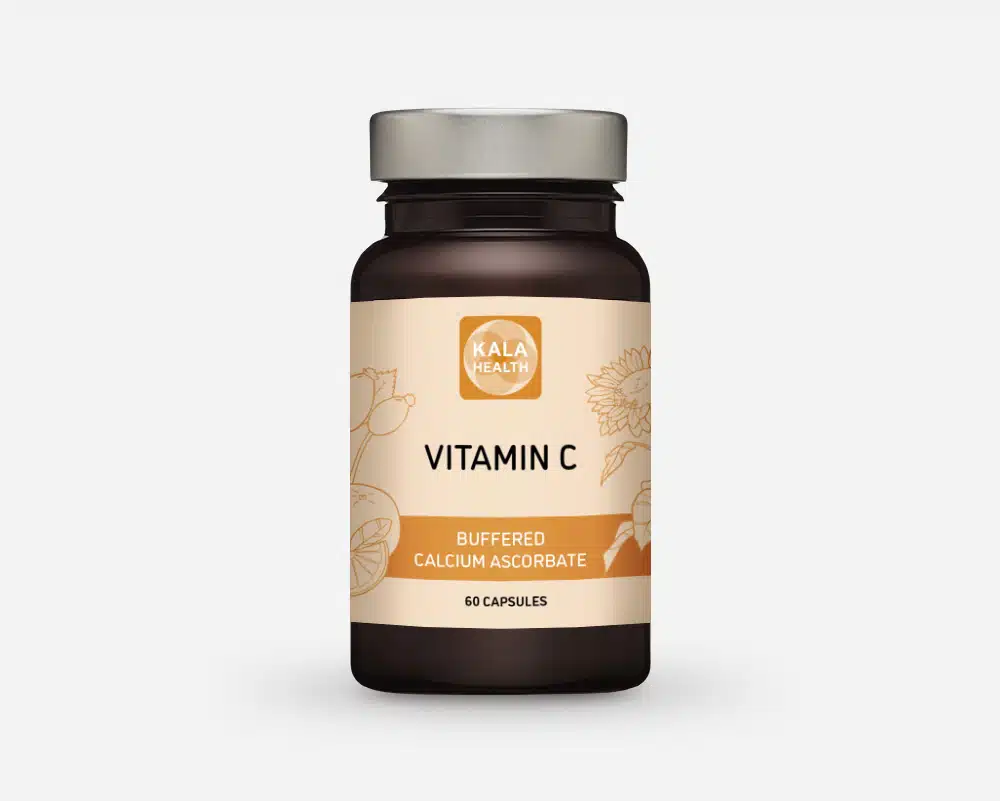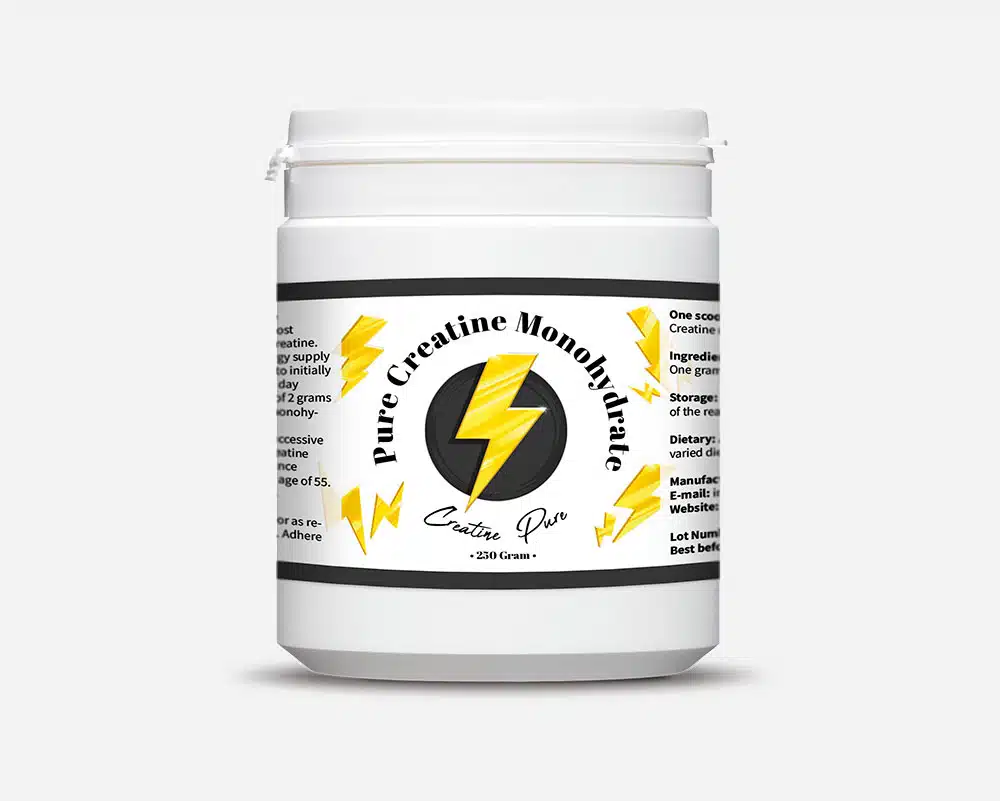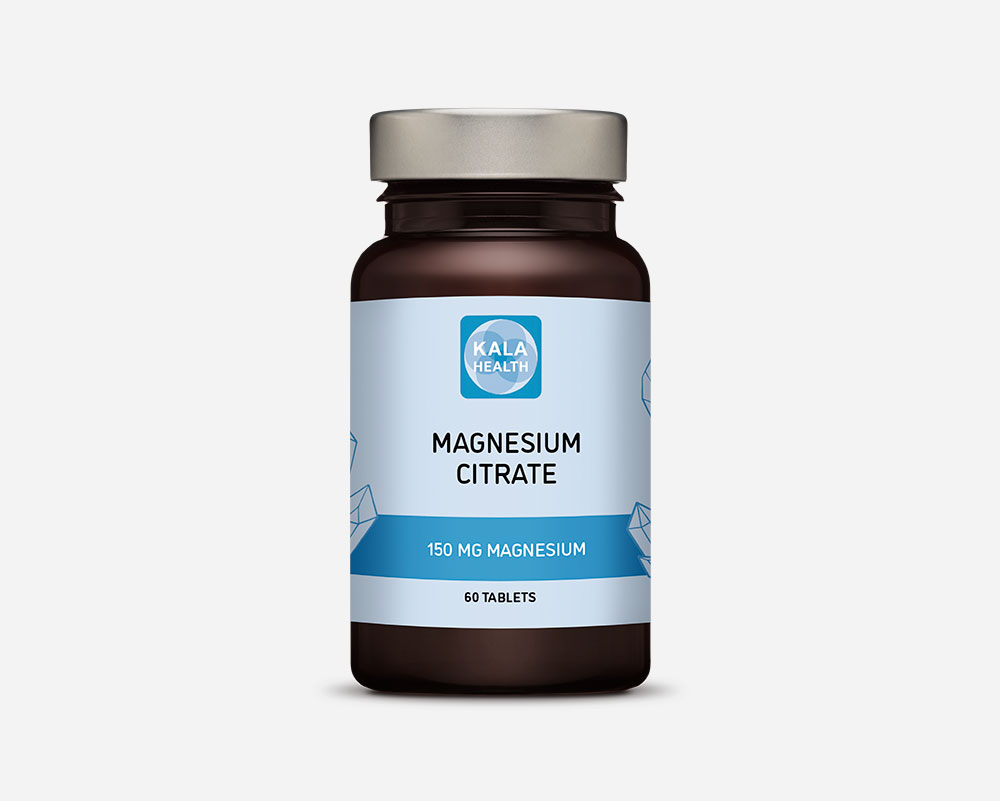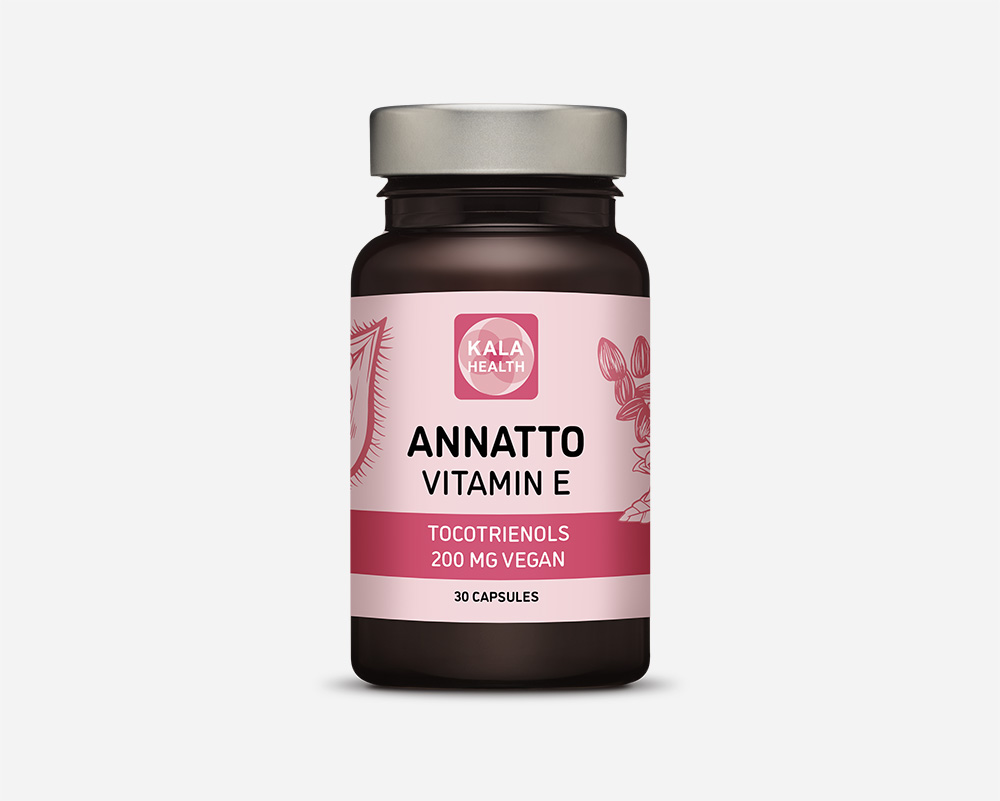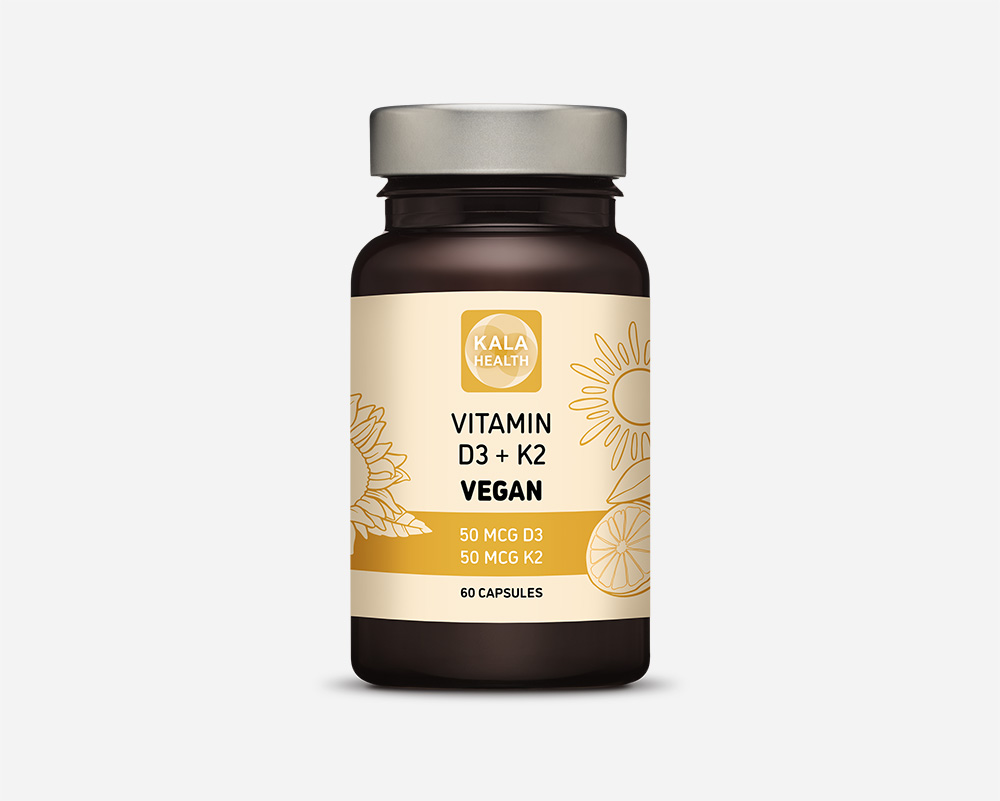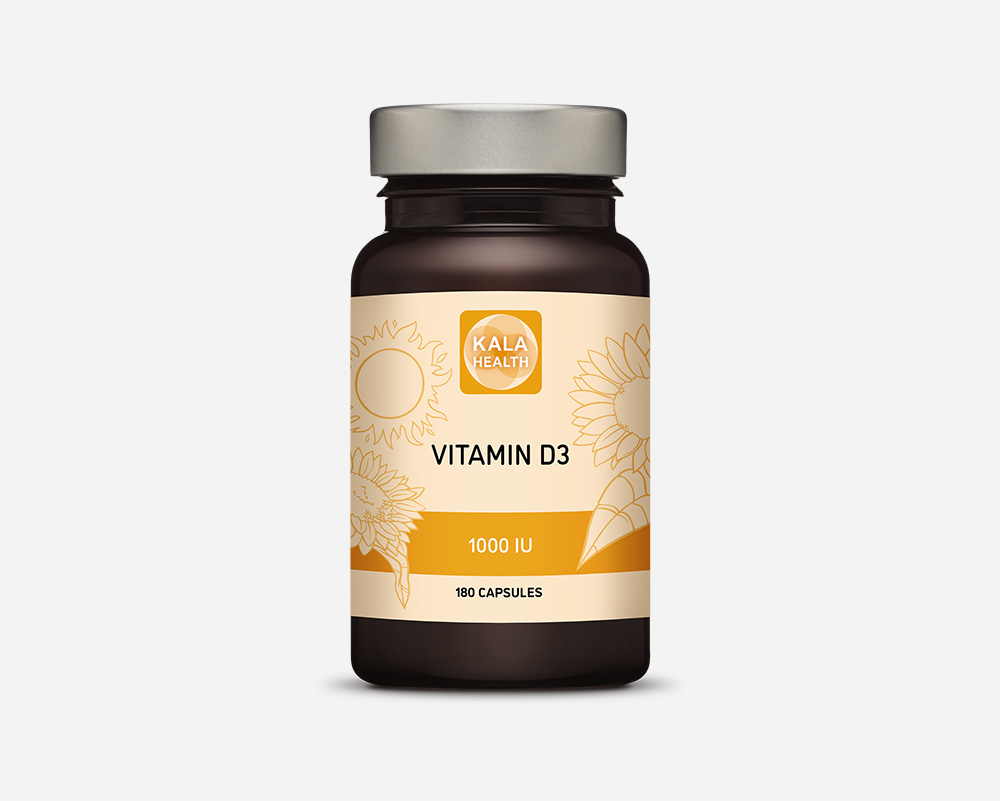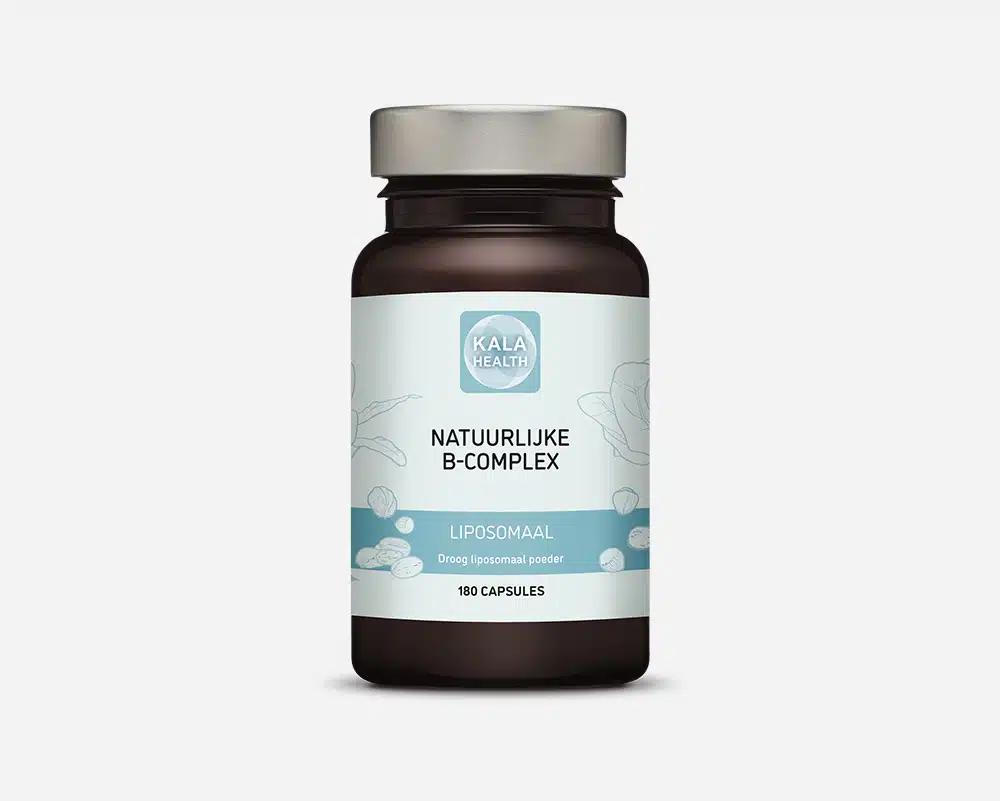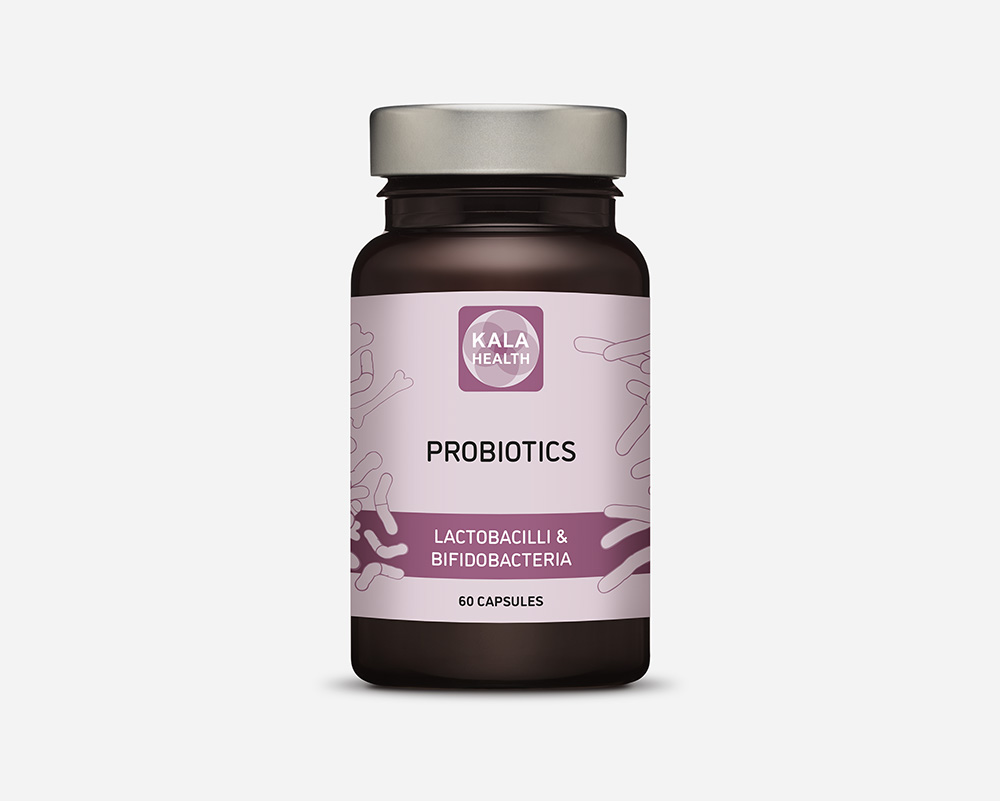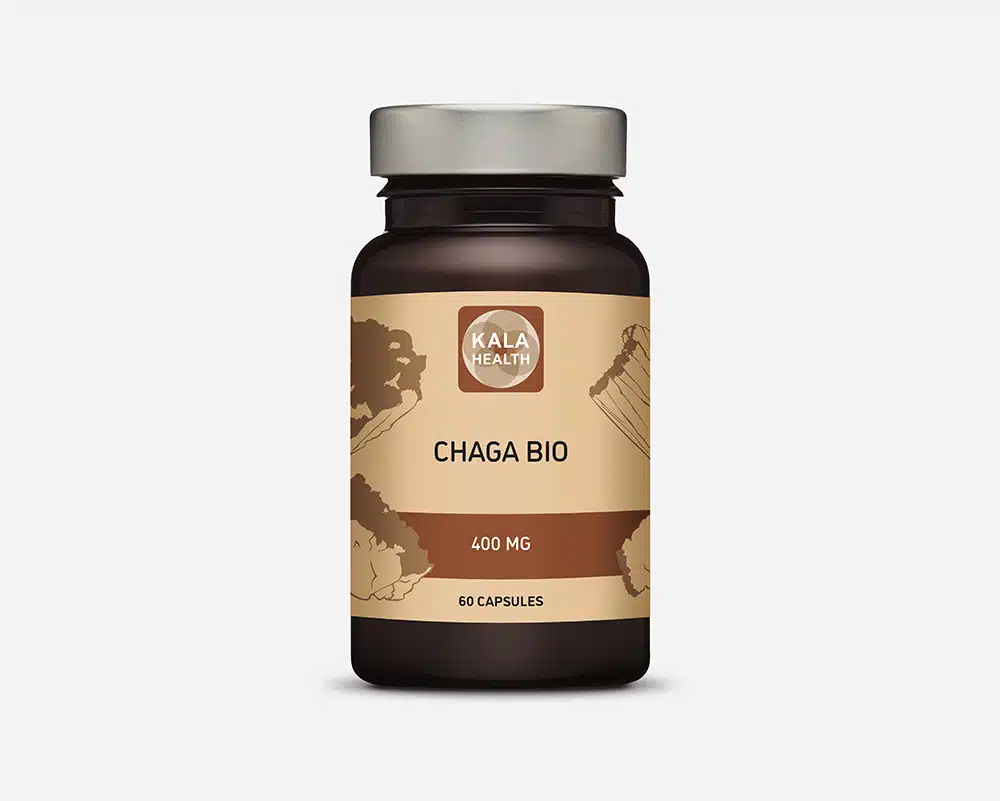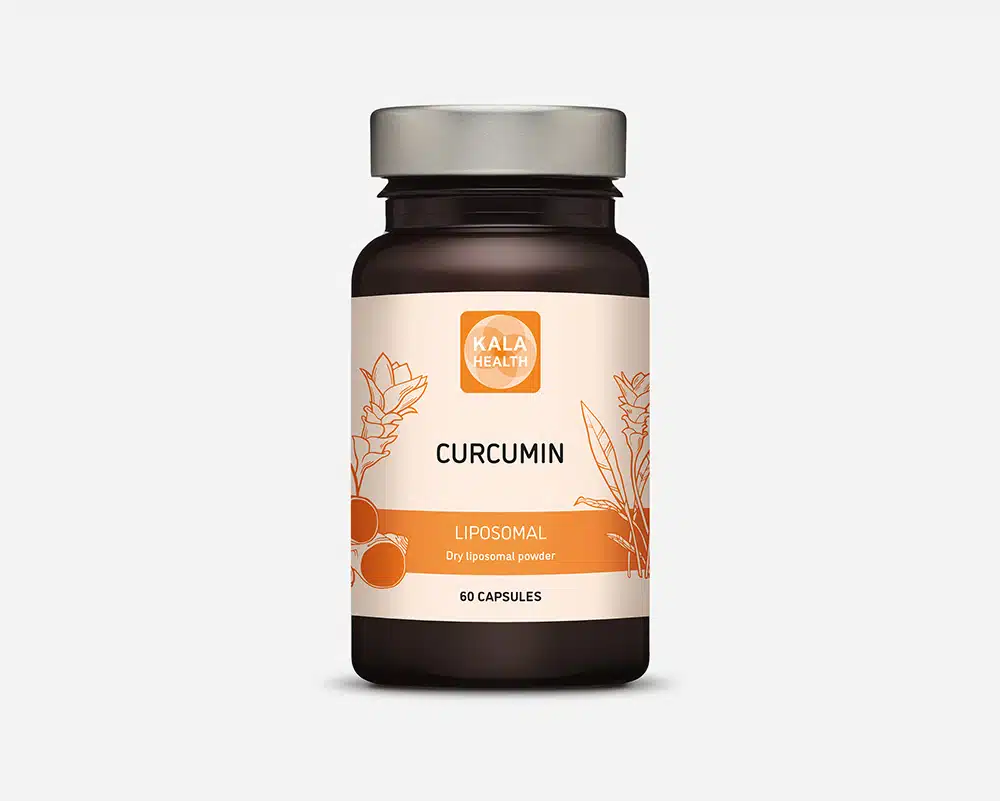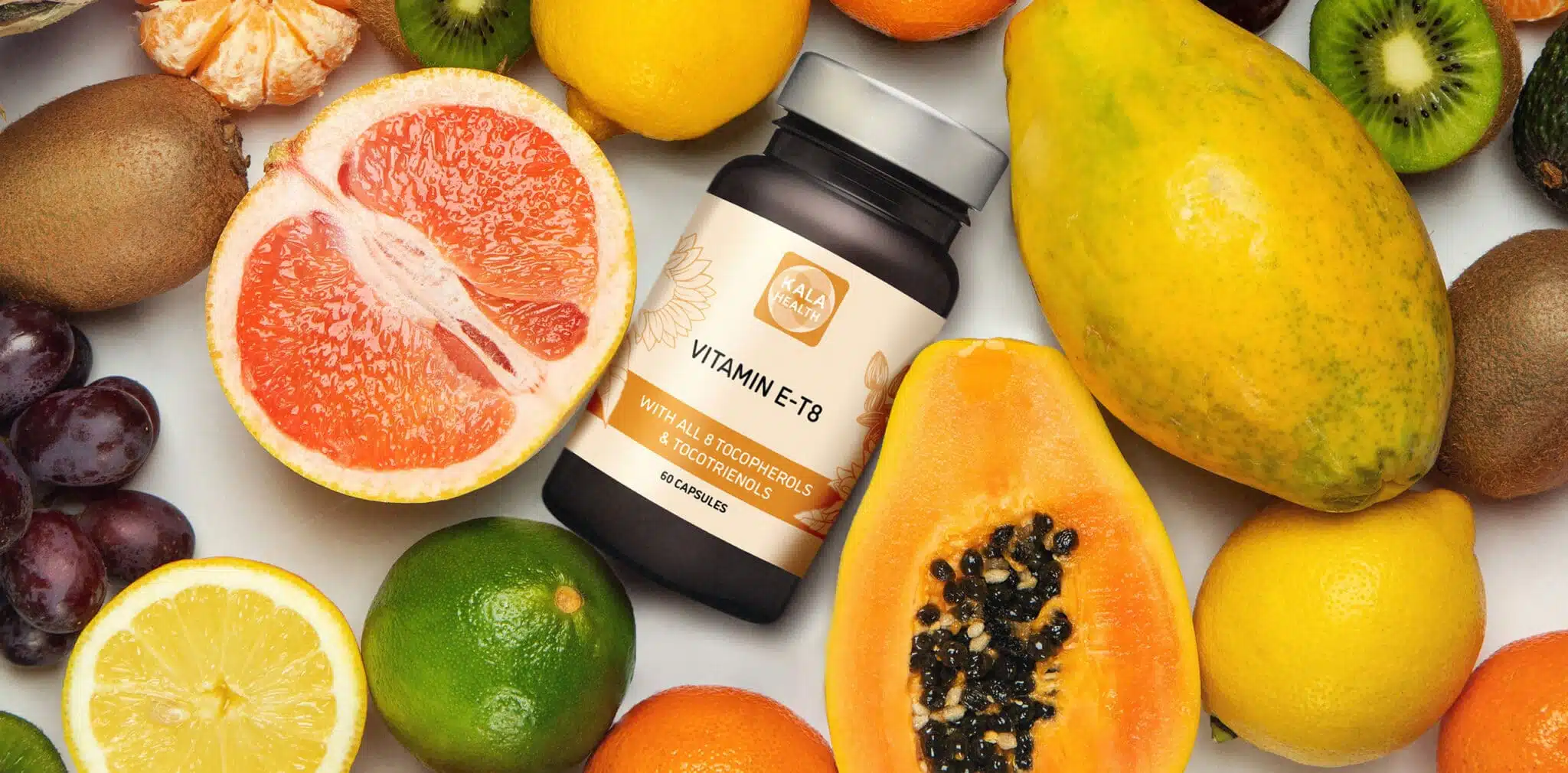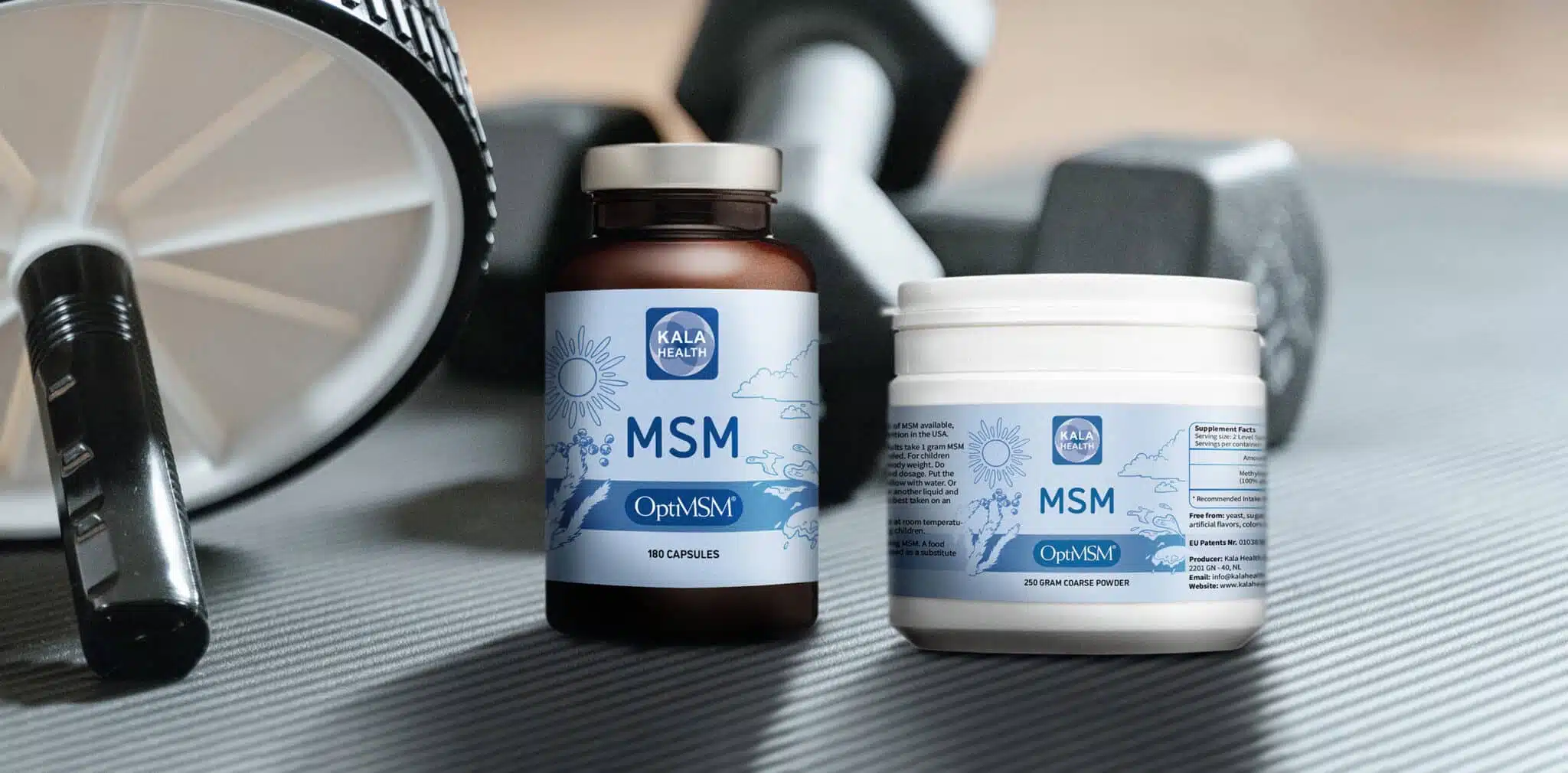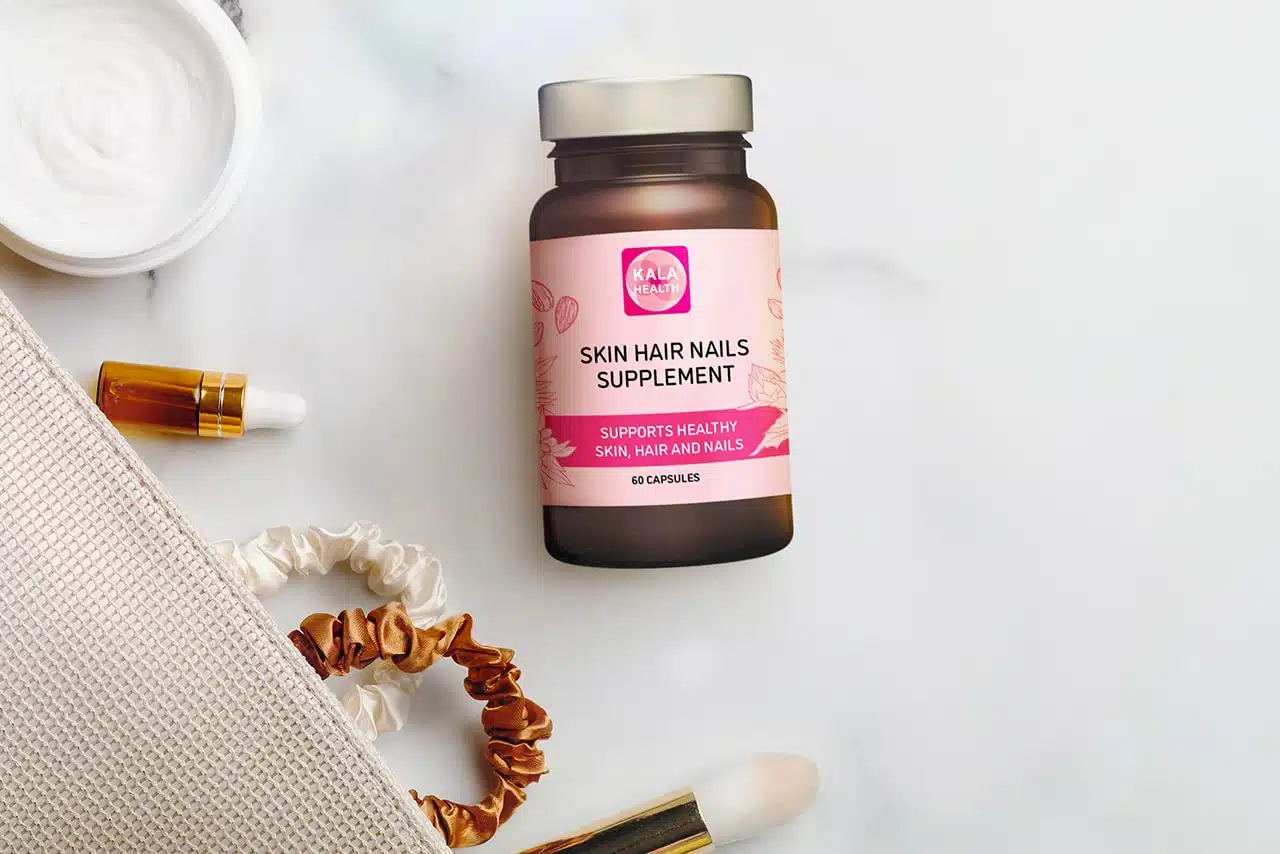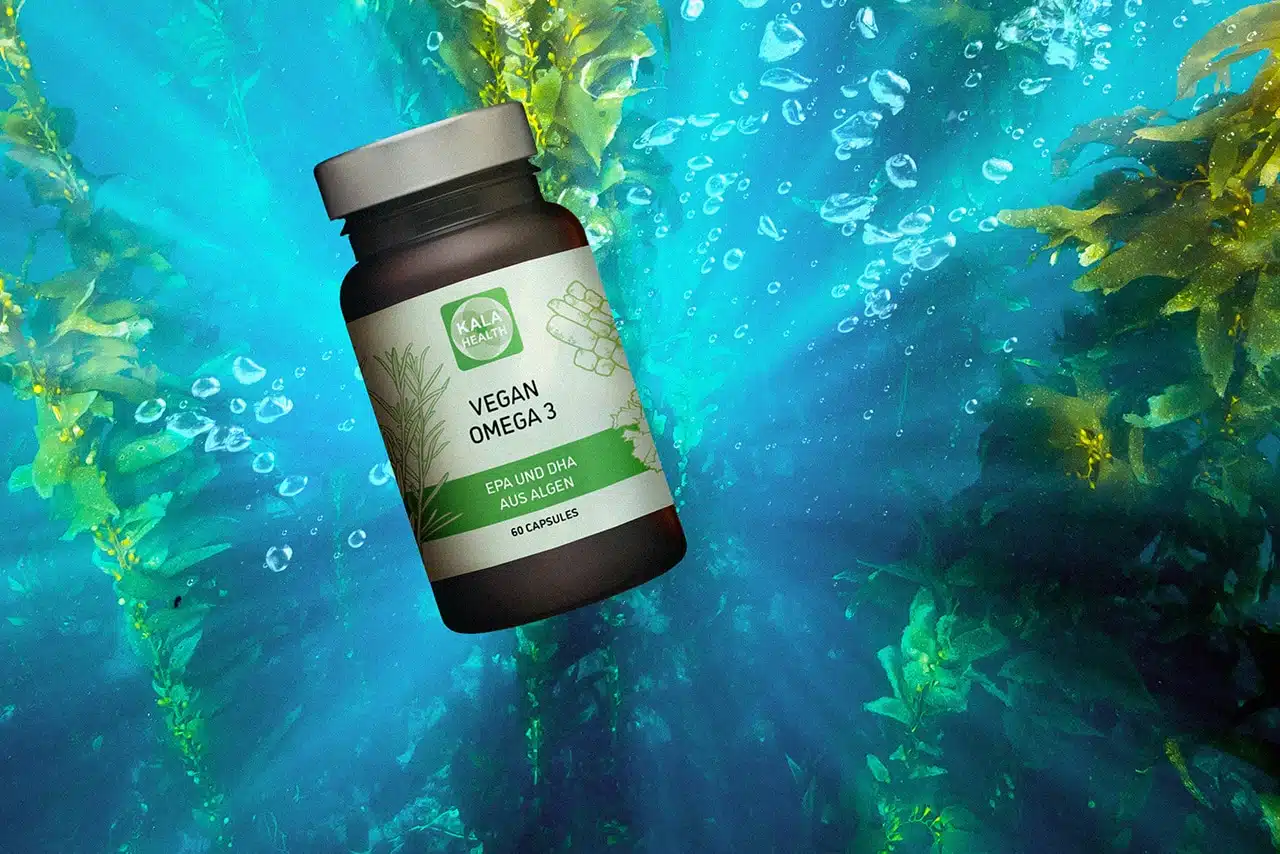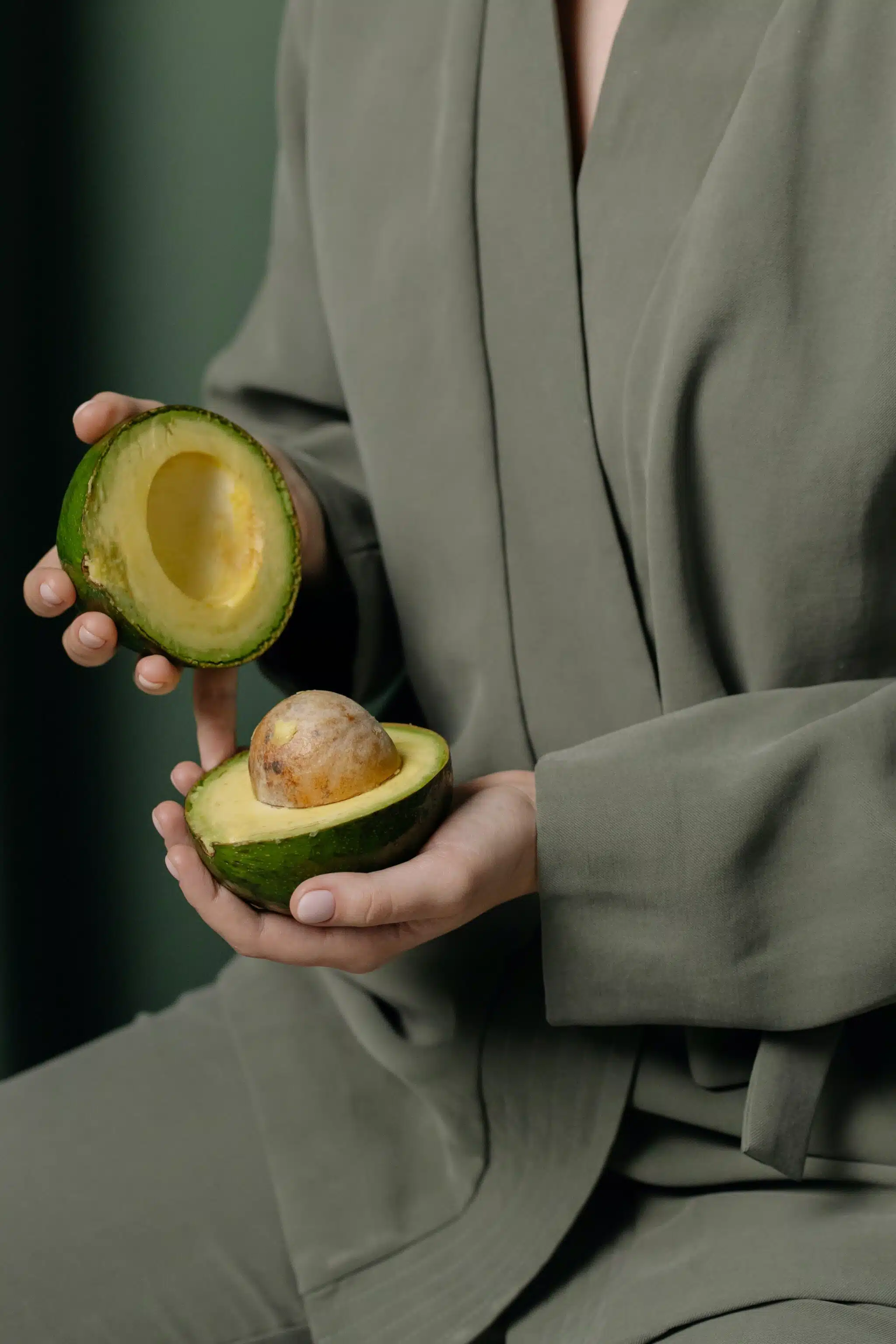What is Akkermansia Muciniphila? Reading time: +-5 minutes Akkermansia Muciniphila, also known as MucT, was…

Natural Sources of Vitamin E: Annatto vs. Palm Oil – Sustainability, Quality, and Health
Vitamin E: Annatto vs. Palmoil
Reading time: +-5 minutes
Natural sources of vitamin E play a pivotal role in our diet and overall health, and in this article, we will delve into the distinctions between two of the most prevalent sources of this vital nutrient: annatto and palm oil. Vitamin E, also recognized as tocopherol and tocotrienol, is a fat-soluble antioxidant that plays a crucial role in safeguarding our cells against oxidative damage. Below, you will discover critical aspects of this essential vitamin.
What are the Benefits of Tocotrienol?
Tocotrienols, a variant of vitamin E, offer numerous potential health advantages. They can contribute to reducing inflammation, promoting healthy blood circulation, and protecting the cardiovascular system.
Where is Tocotrienol Found?
Tocotrienols are primarily found in palm oil, and this is where the contrast between annatto and palm oil becomes significant. While tocotrienols are predominantly present in palm oil, tocopherols are typically extracted from sunflower oil and soybean oil.
However, several issues arise during the extraction of these vegetable oils:
- It is imperative that vegetable oil originates from clean and sustainable cultivation, especially in the case of palm oil. It is widely recognized that vast expanses of rainforests are lost worldwide due to palm oil plantations. Some countries are at the forefront of making palm oil cultivation sustainable and certified, and it is crucial to source palm oil solely from such sustainable and certified nurseries.
- Many oils undergo heating, processing, and refinement to maximize yields. Unfortunately, these processes can lead to the formation of toxic substances, including notorious compounds such as Polycyclic Aromatic Hydrocarbons (PAHs), Glycidyl Fatty Acid Esters (GEs), and Chlorinated Paraffins (CPs). Additionally, organic solvents are almost always employed, leaving behind residues.
In our experience, hardly any supplier of vitamin E dietary supplements pays attention to these factors. However, we do! Sustainability and quality are of paramount importance to us, and we make every effort to uphold these standards for all the oils used in our vitamin E formulations:
- All oils rich in tocotrienols are sourced from sustainably certified nurseries.
- None of the oils we use undergo heating, processing, or refinement. The tocopherols and tocotrienols are extracted from the oil through a process called Molecular Distillation, which takes place at high pressure and low temperature. This process eliminates potential contaminants and ensures that no toxic substances like PAHs, GEs, or CPs are generated. Moreover, we abstain from using organic solvents.
- Every batch of oil we use undergoes testing for the absence of PAHs and heavy metals beforehand, conducted by an independent and reputable laboratory in the Netherlands. We only use the oil after the laboratory confirms that such contaminants are not detected (below the lowest possible detection value).
- All test reports and certificates are available for anyone wishing to review them.
This approach enables us to guarantee the provision of the most concentrated vitamin E formulas of the highest quality. We strive to maintain complete transparency in our methods for those who are interested.

Which is the Best Source of Vitamin E?
The choice between annatto and palm oil as a source of vitamin E depends on various factors. When it comes to tocotrienols, palm oil is the primary source, while tocopherols are typically derived from sunflower oil and soybean oil. “Vitamin E vegan T8” and “Vitamin E capsules” are among the available options on the market.
Is Excessive Vitamin E Harmful?
As with many nutrients, maintaining a balanced intake of vitamin E is essential. Consuming excessive amounts of vitamin E supplements can be harmful and may lead to toxicity. It is always advisable to use dietary supplements in moderation and base your intake on recommended daily amounts.
When considering vitamin E supplements, it is crucial to take into account their source and quality. There are significant variations in the production methods and purity of vitamin E supplements available in the market. It is essential to select products that adhere to stringent quality standards and sustainability guidelines.
For those seeking high-quality vitamin E supplements, transparency in production practices is of great importance. Some suppliers are committed to sustainability and quality, employing sustainable certified nurseries for palm oil sources and molecular distillation to avoid contamination.
When choosing vitamin E products, it is wise to seek reliable sources and products that align with your specific needs and values. Ultra Tocotrienol, Ultra Tocopherol, and Vitamin E T8 Max are among the options you can consider. Hyperlinks to these products are available for those seeking more information.
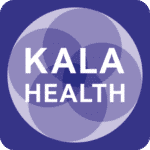

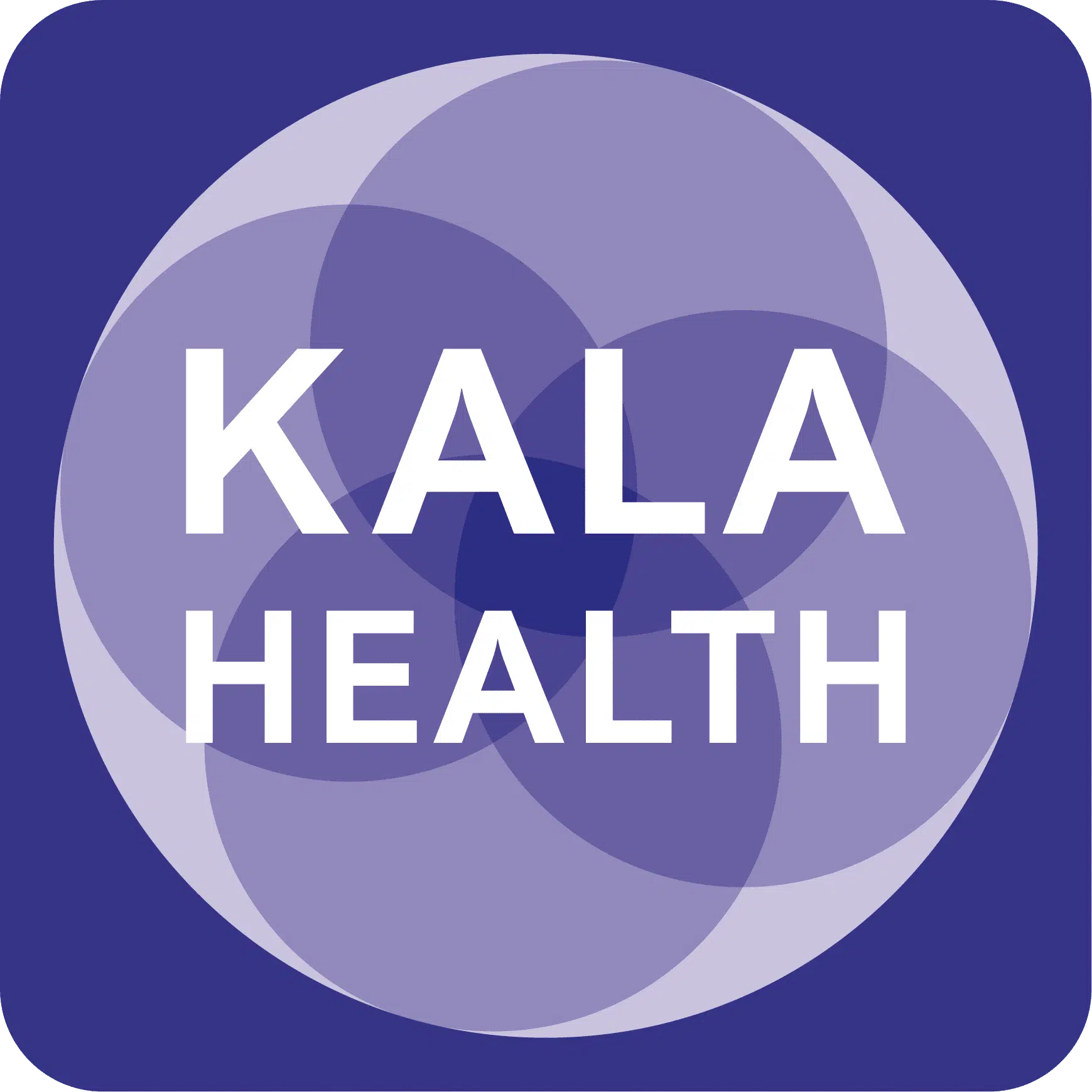
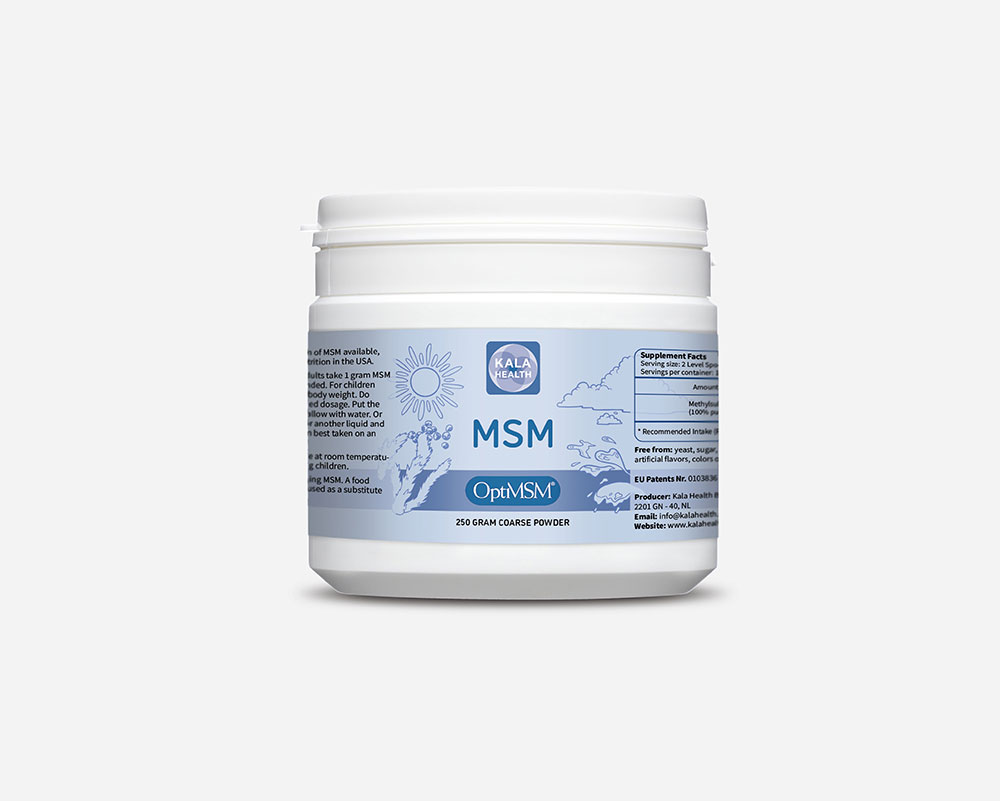
 250, 500, 1.000 or 5.000 gram
250, 500, 1.000 or 5.000 gram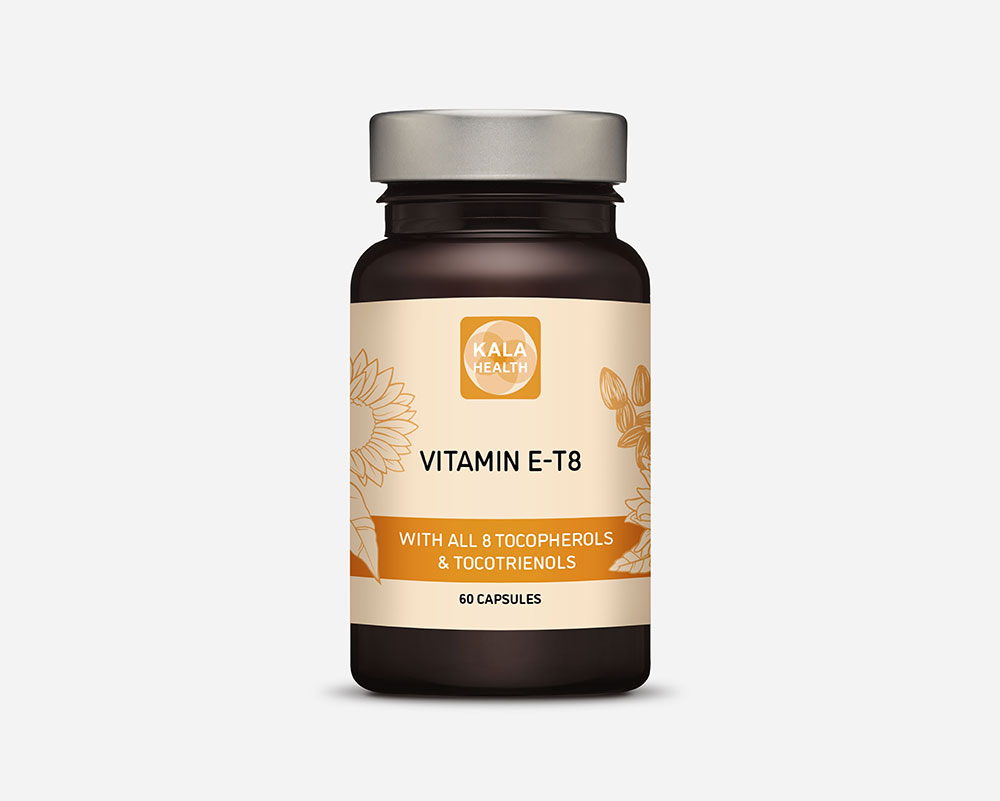
 60 or 180 softgels
60 or 180 softgels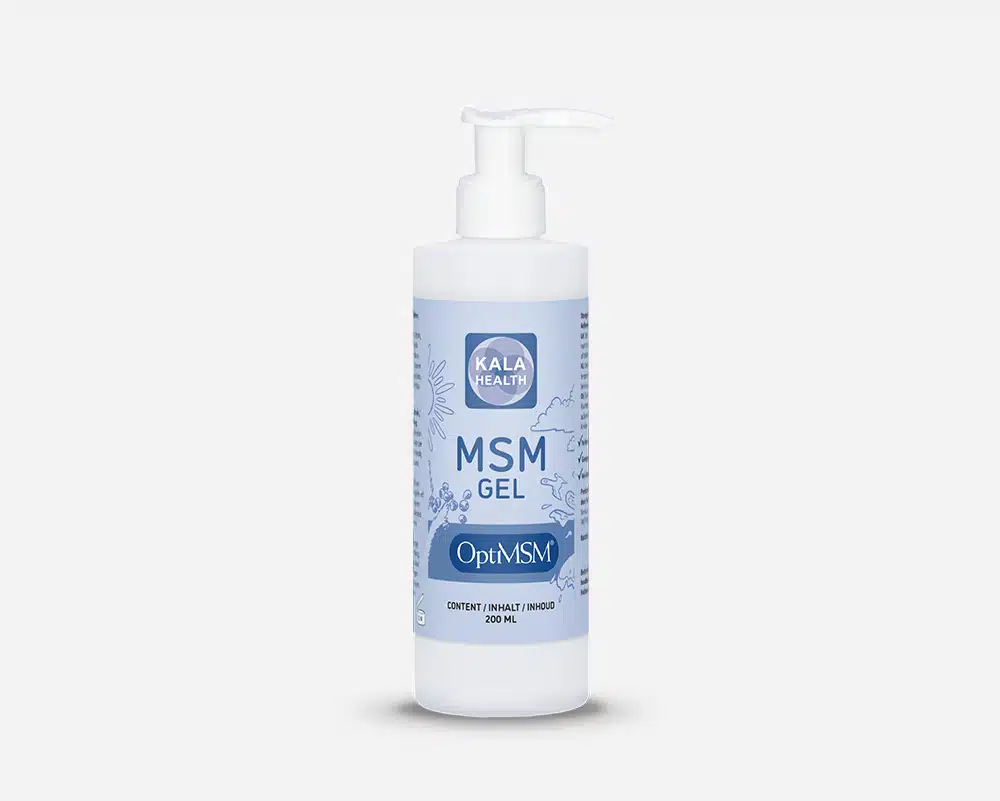
 200ml
200ml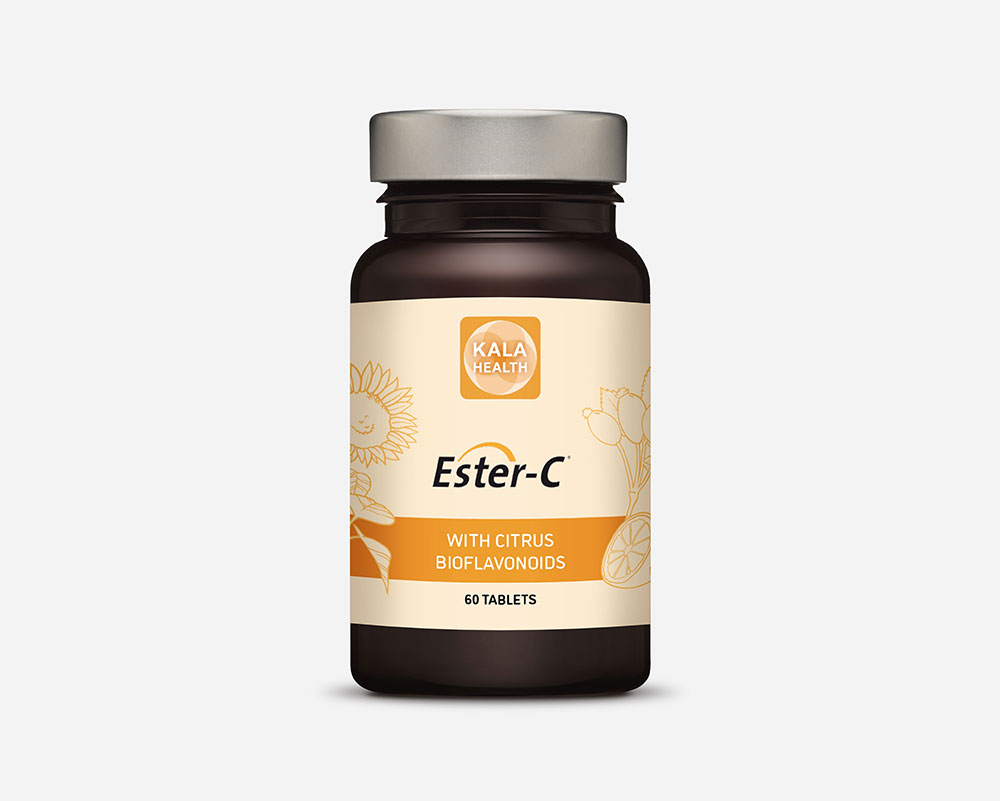
 60 or 180 tablets
60 or 180 tablets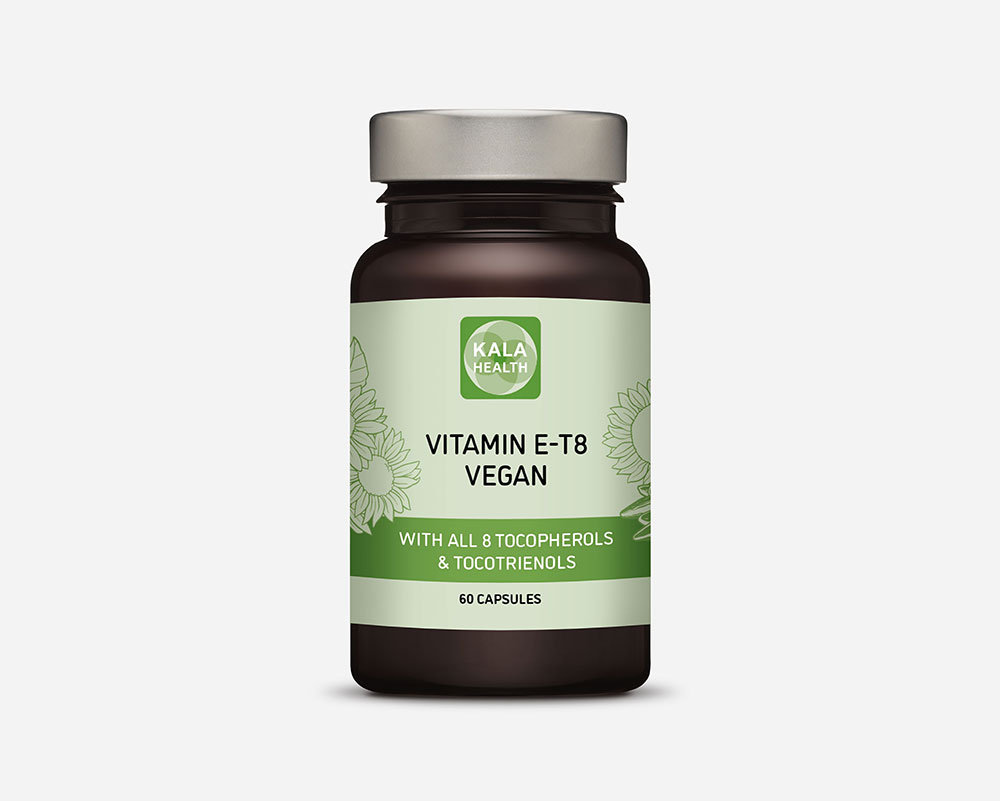
 60 or 180 licaps®
60 or 180 licaps®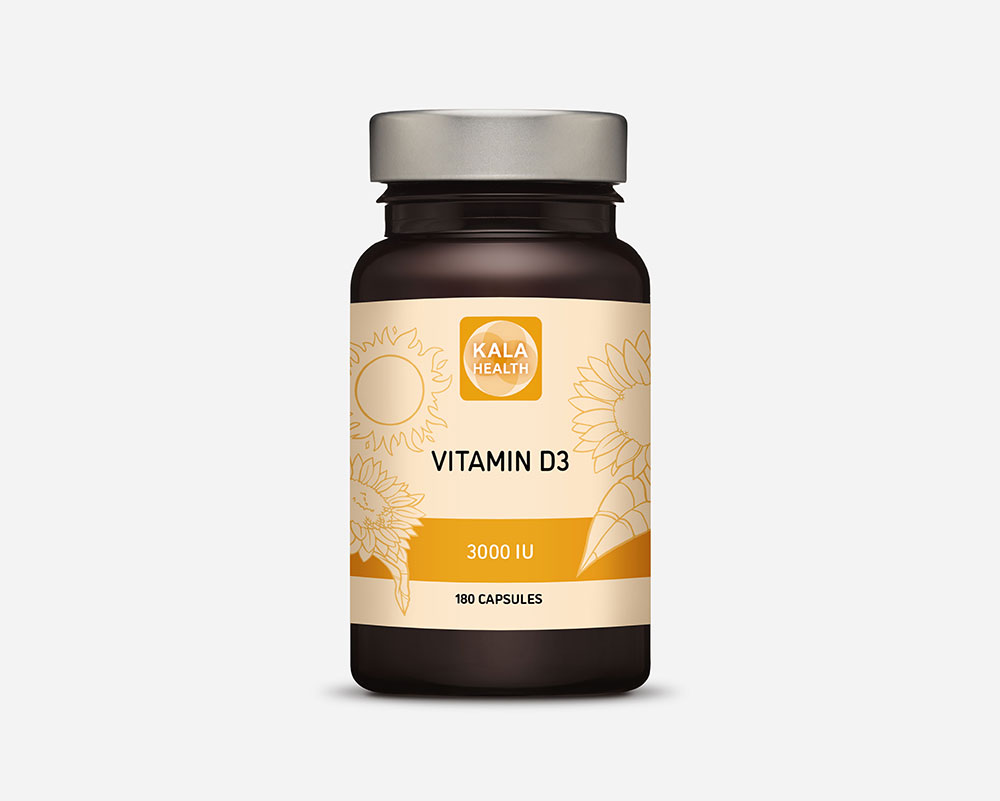
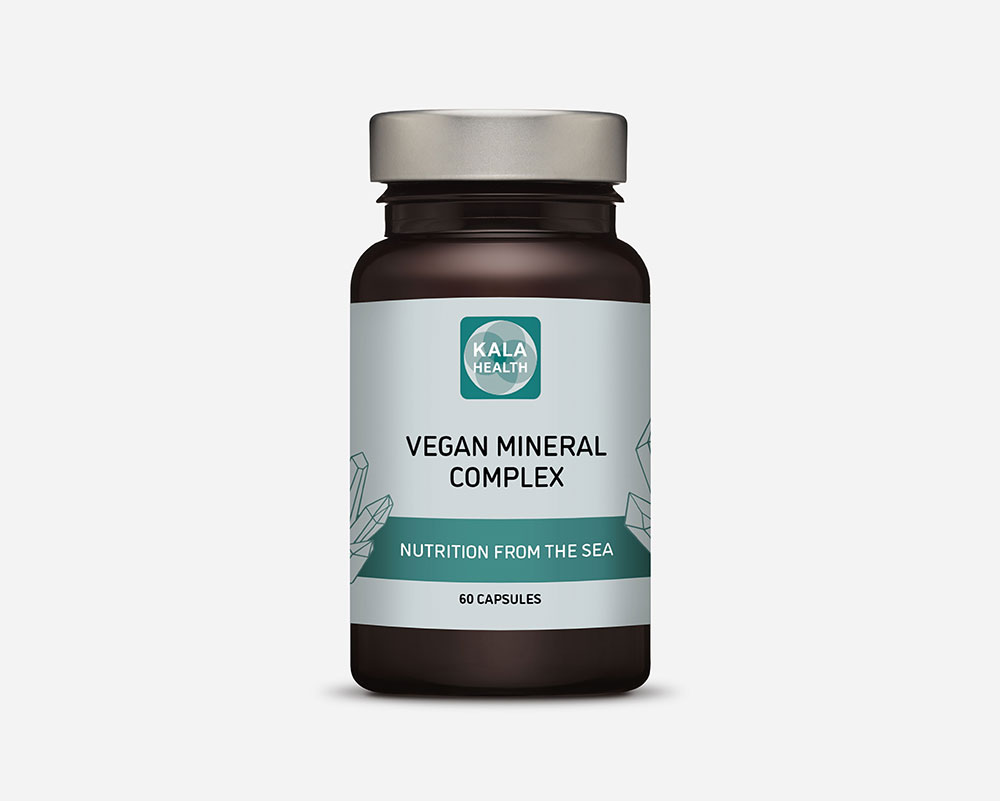
 60 or 180 capsules
60 or 180 capsules
